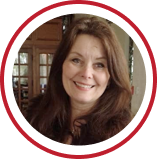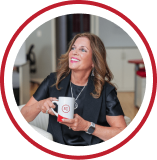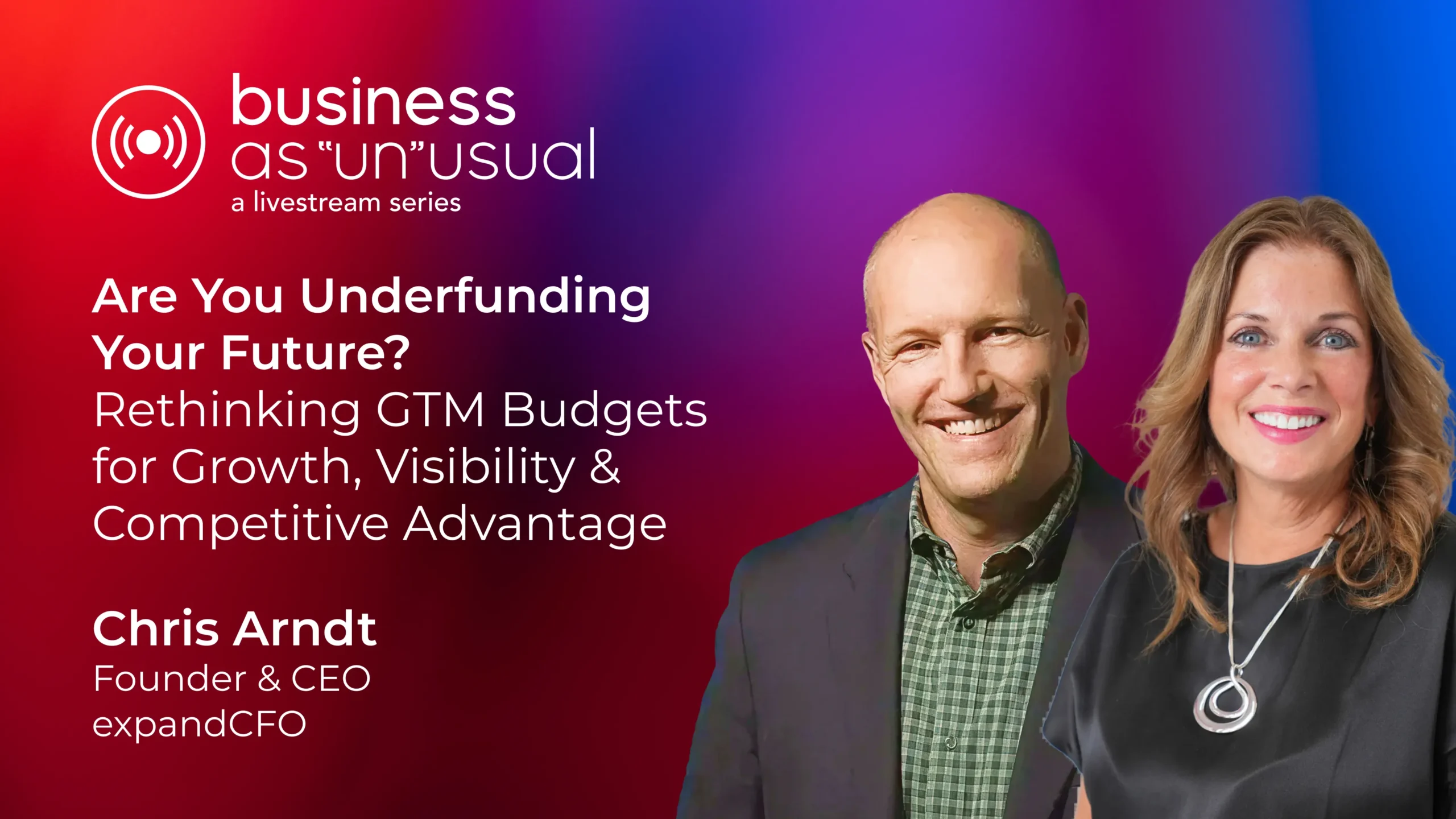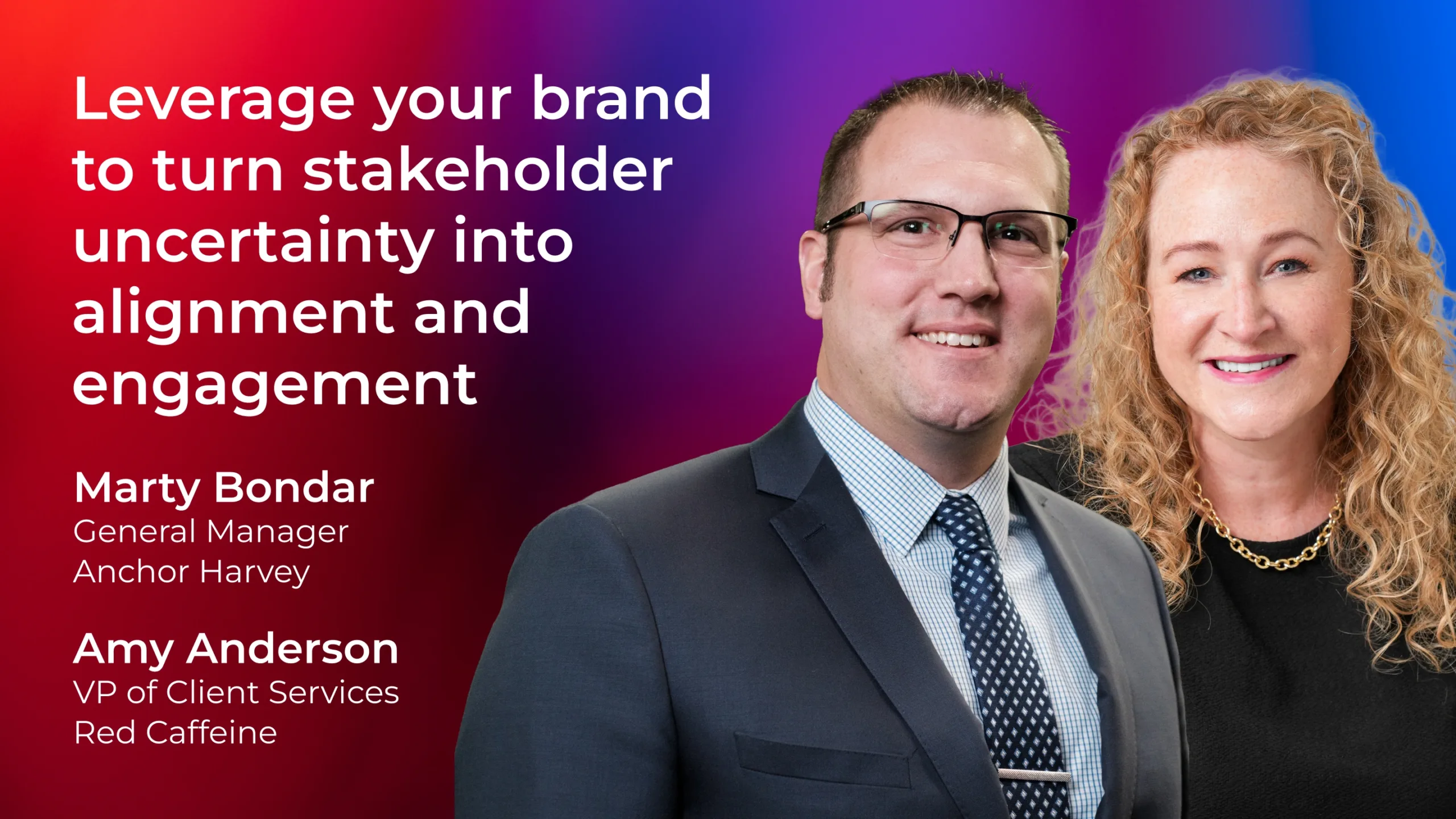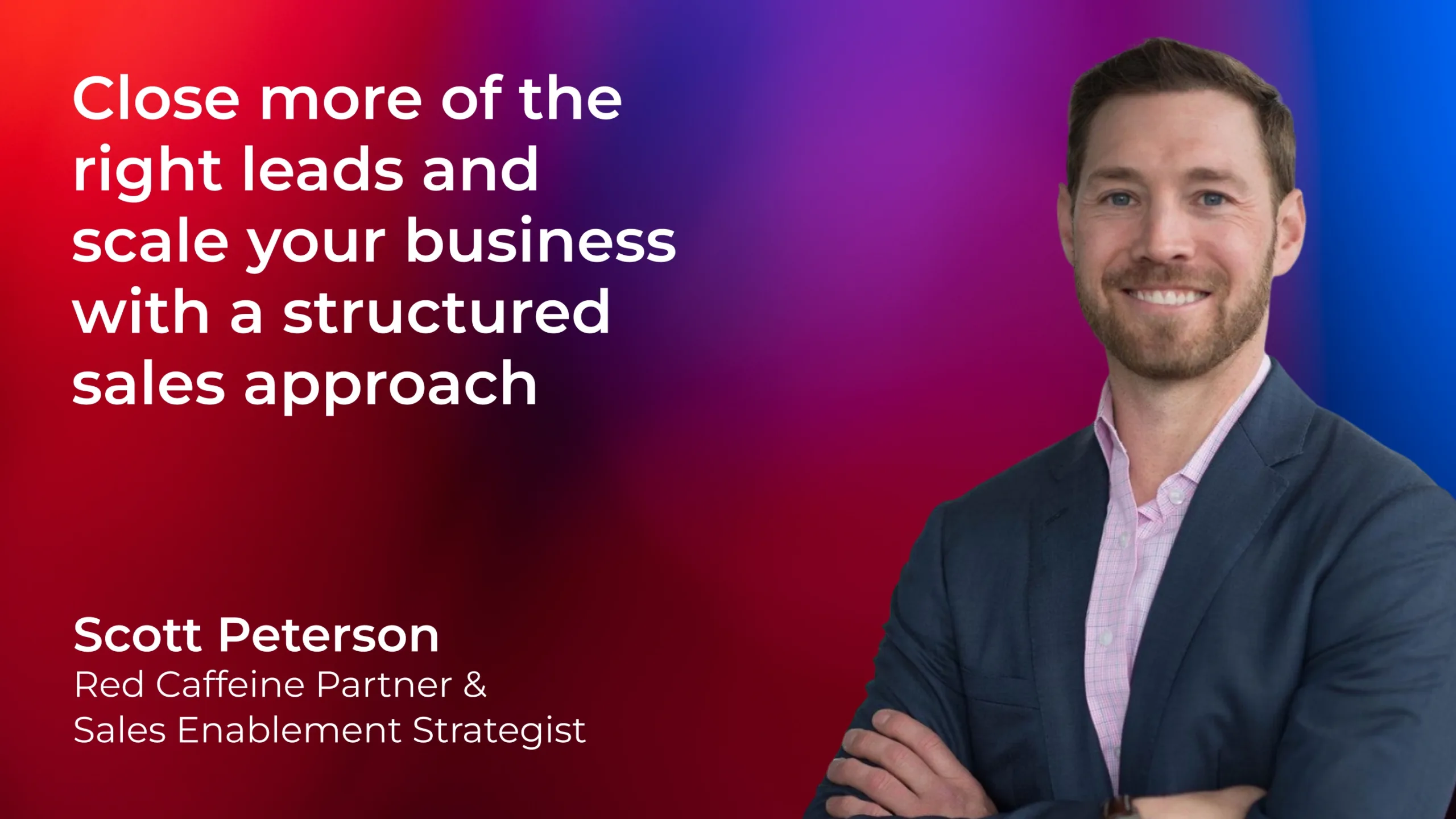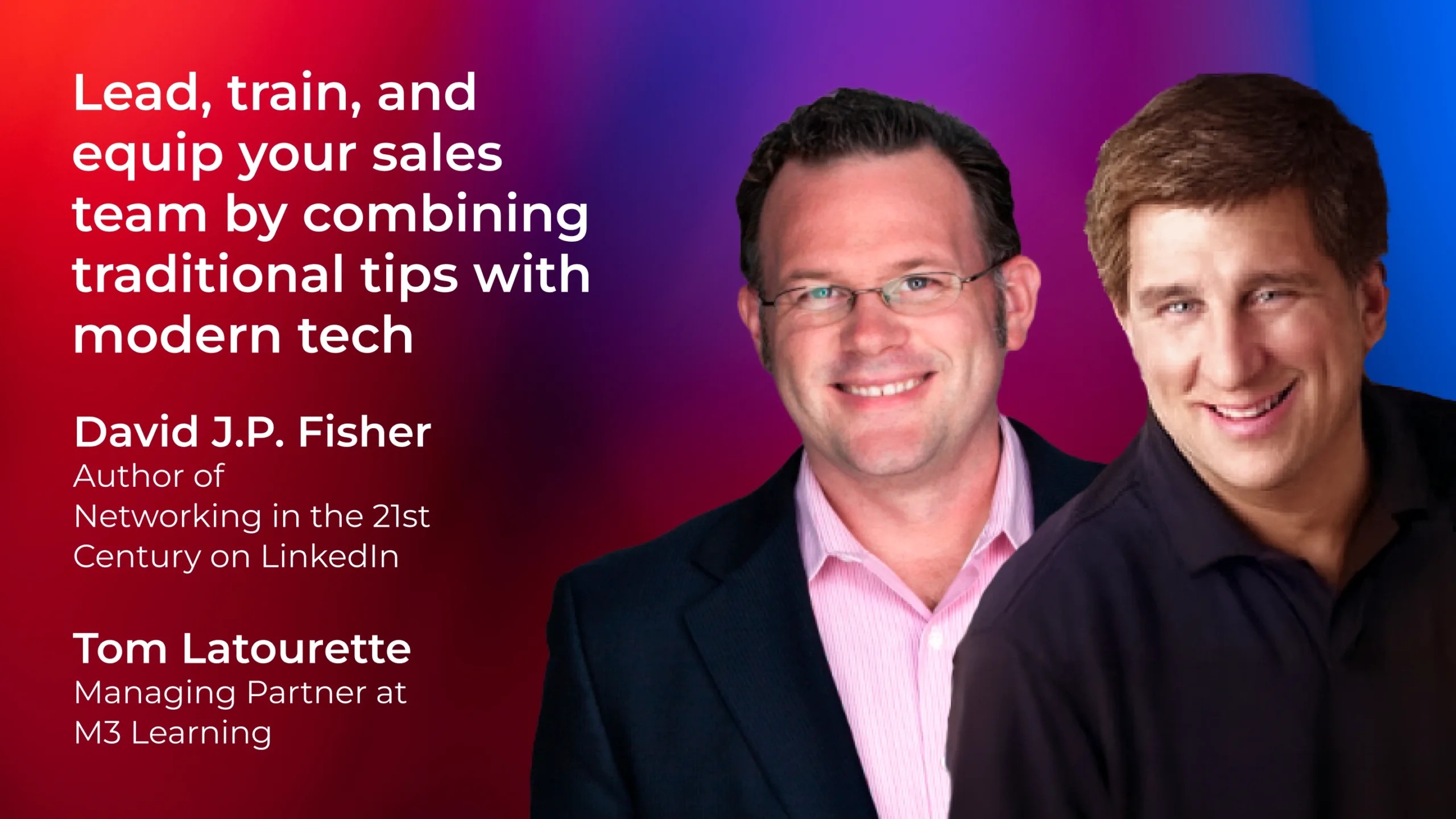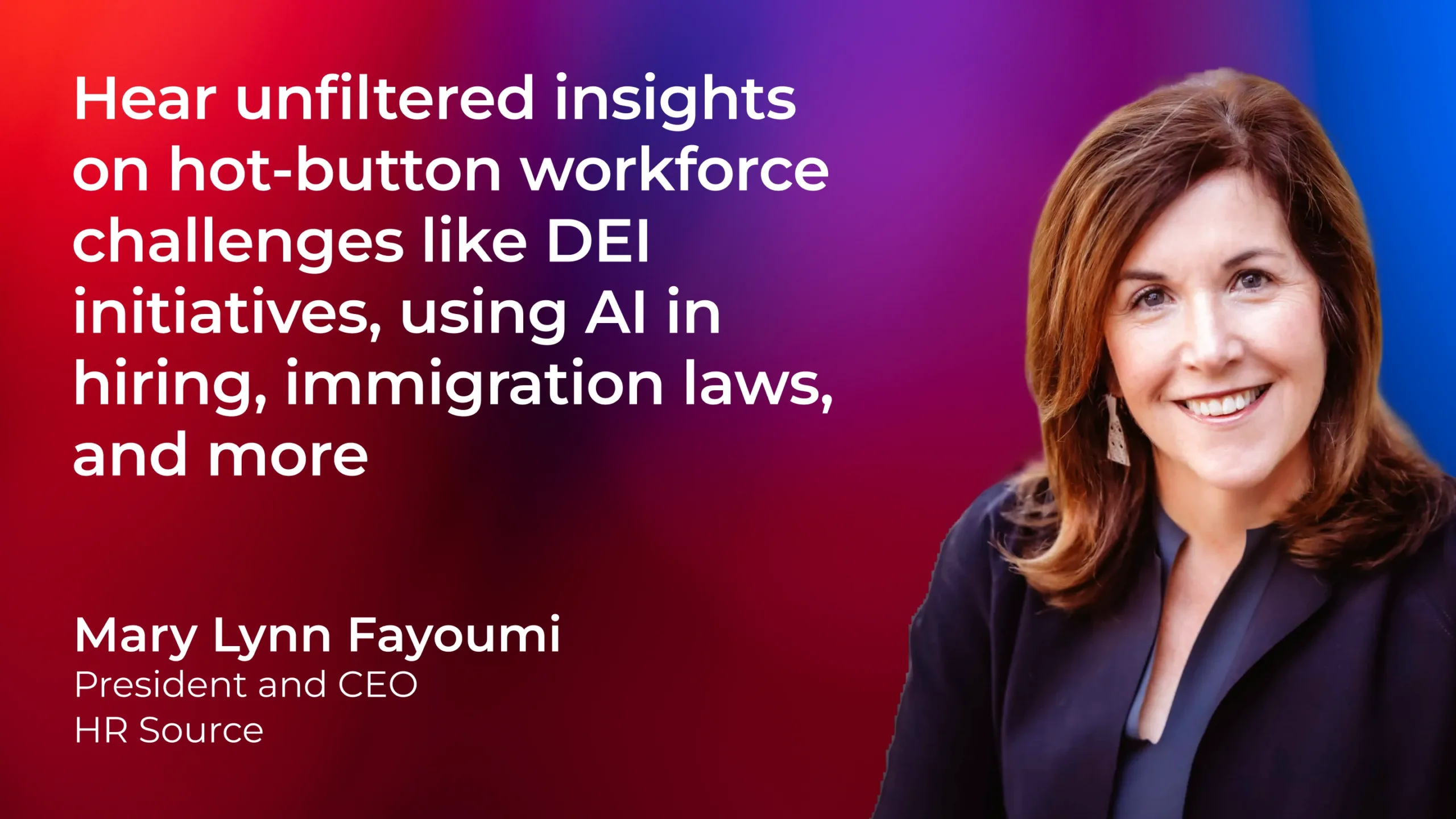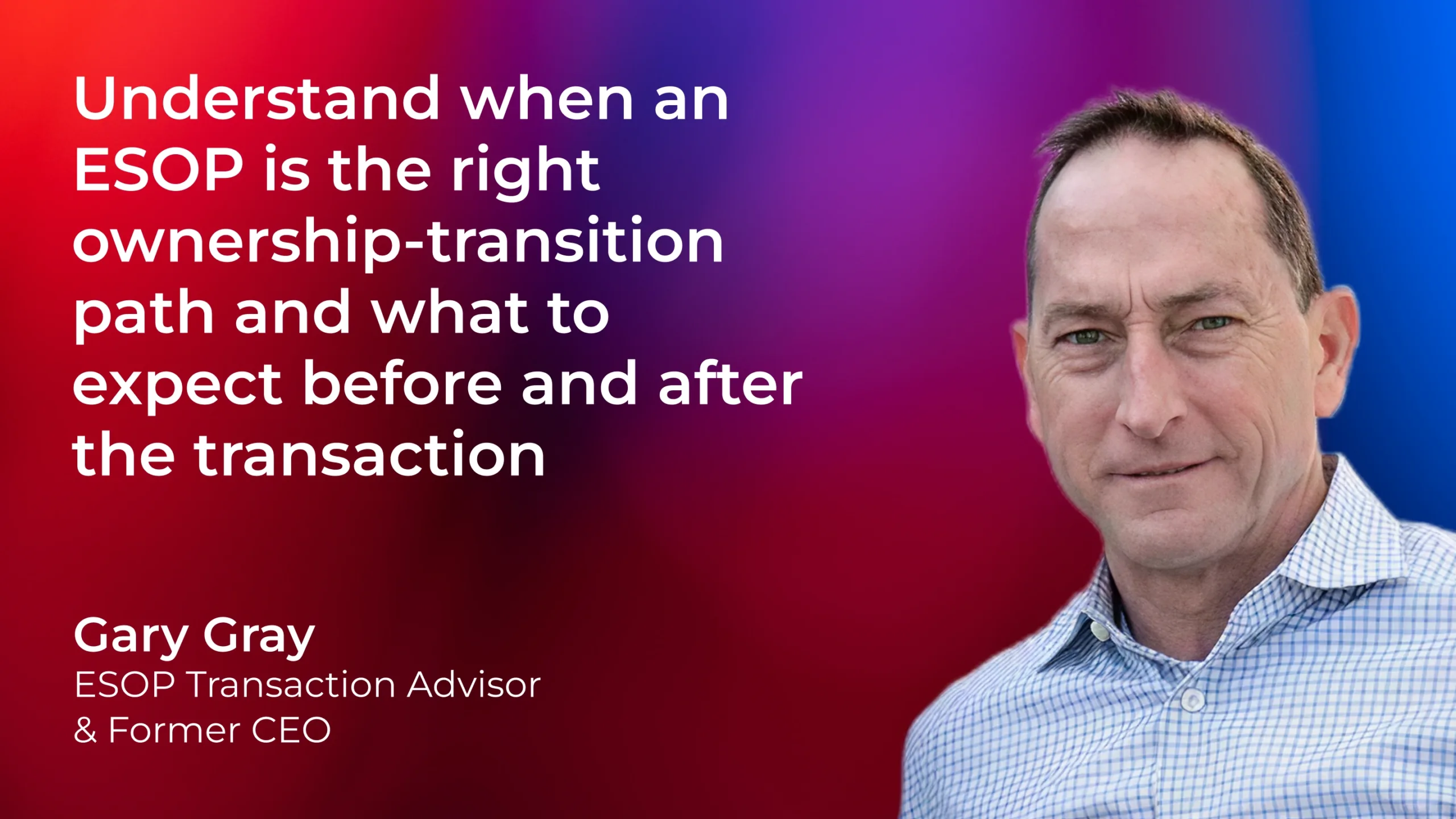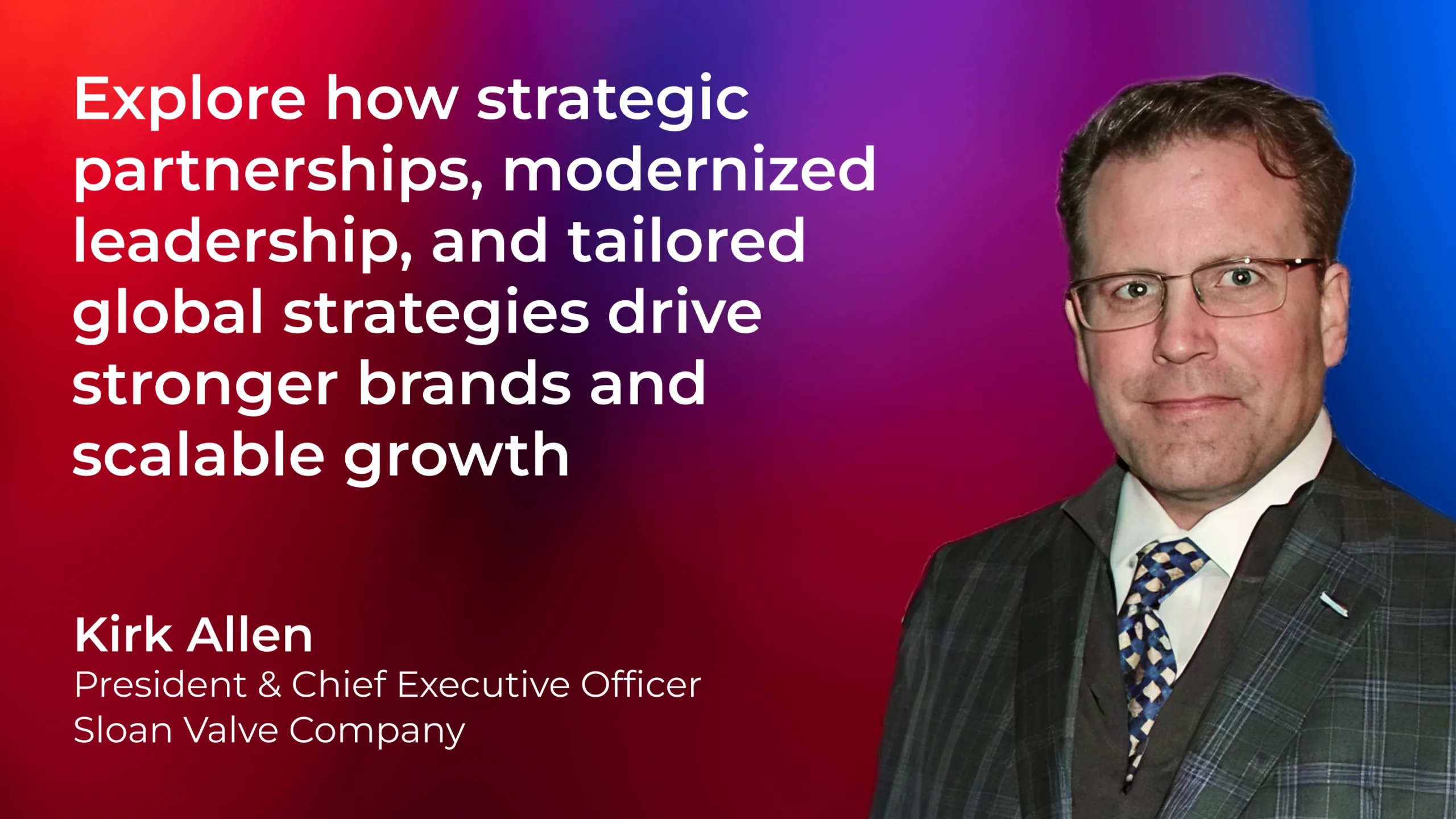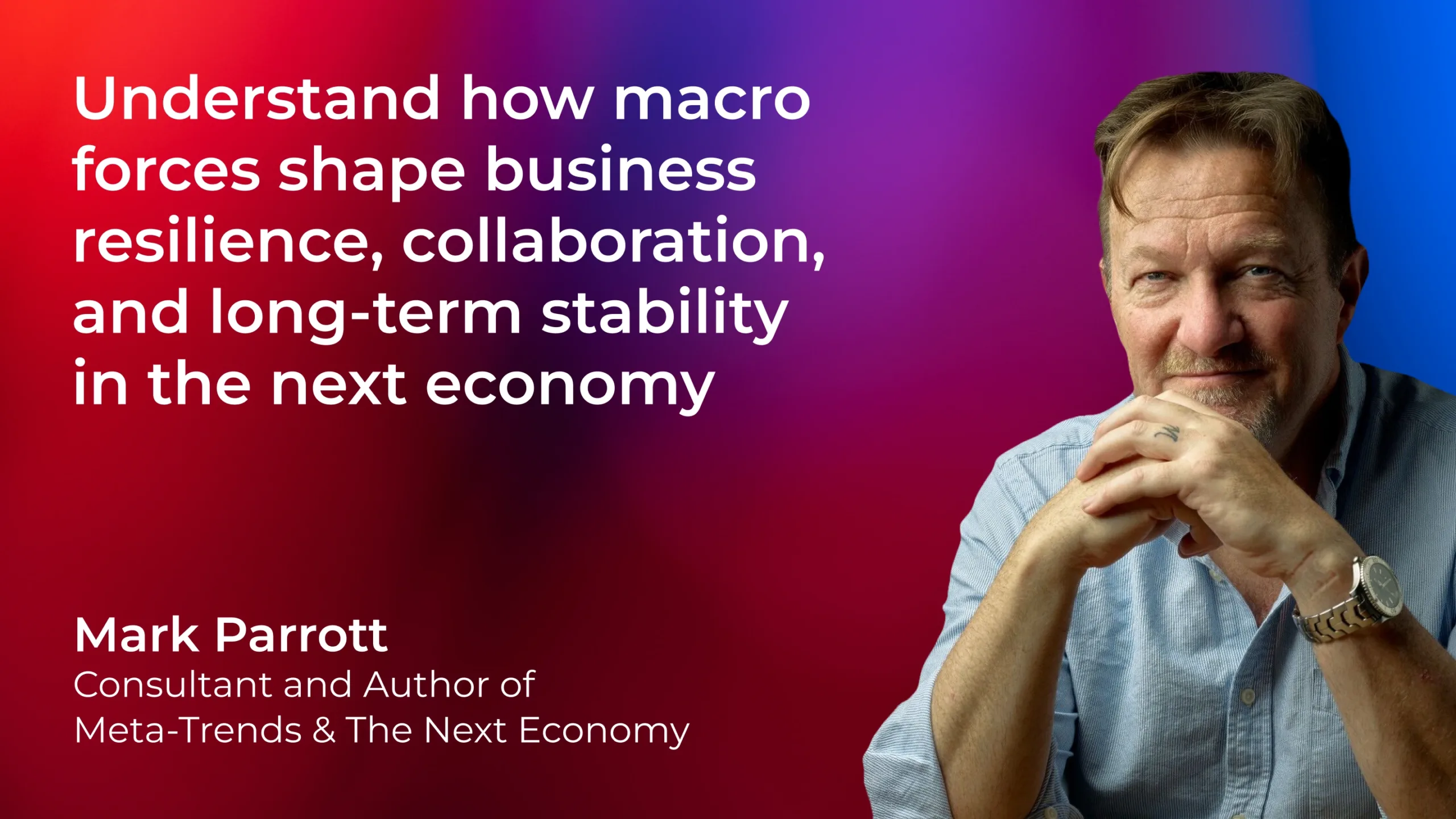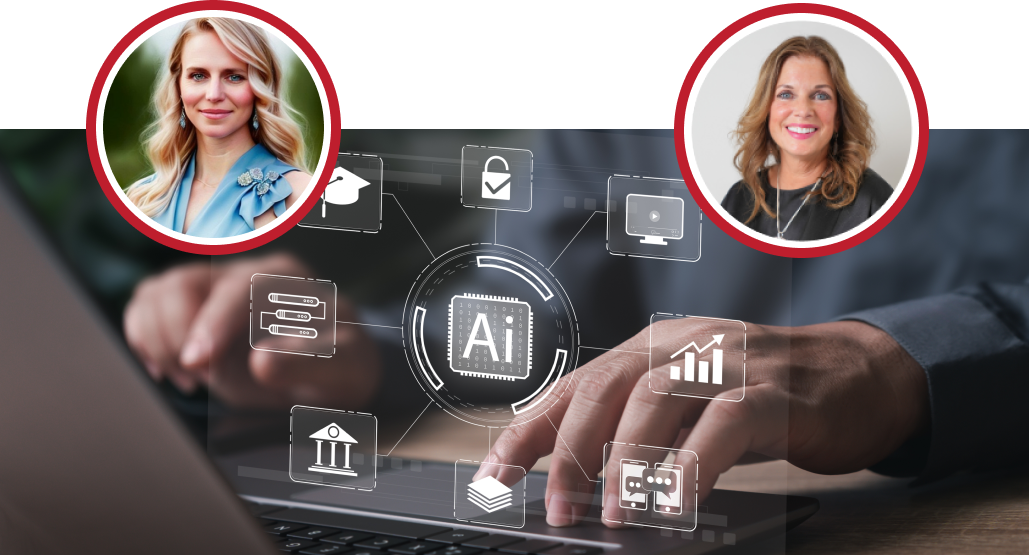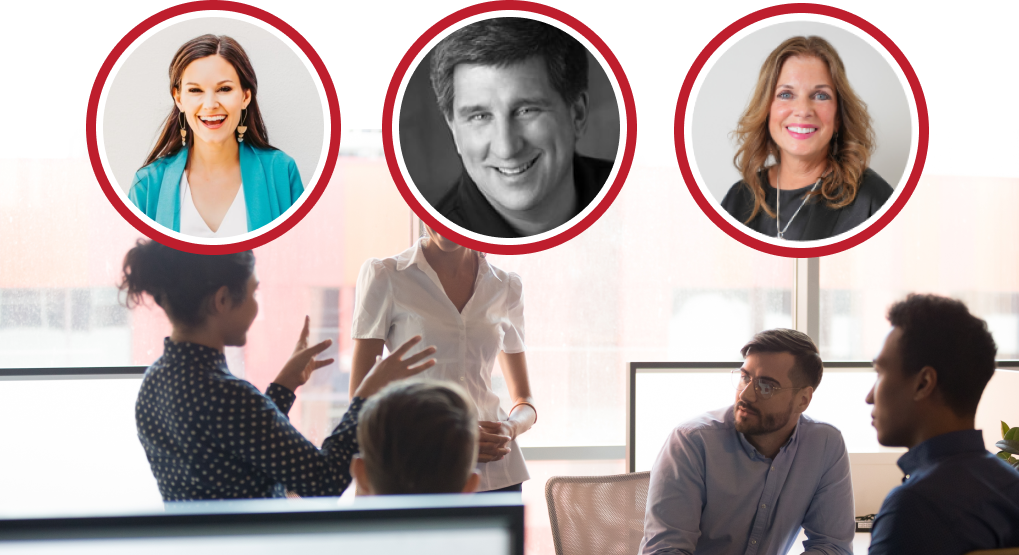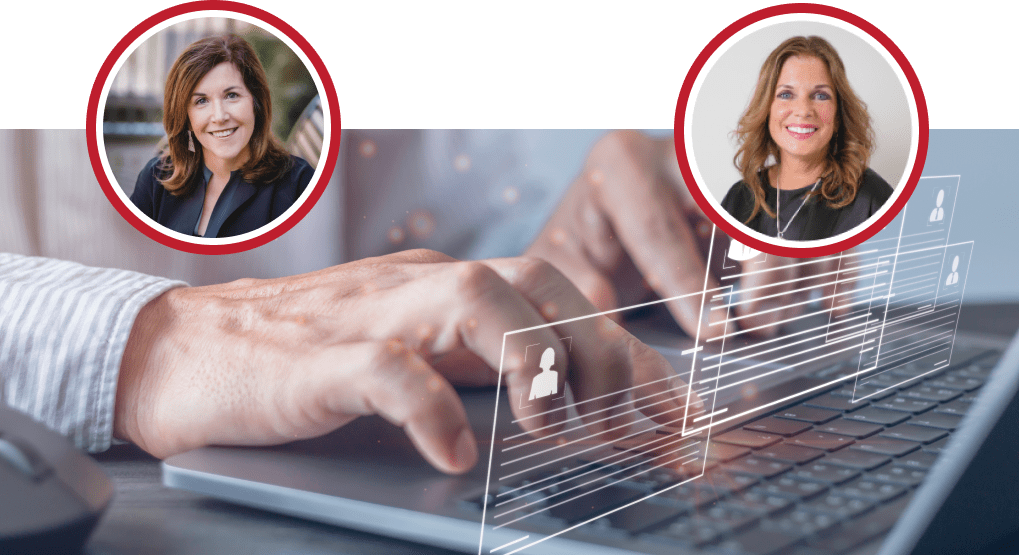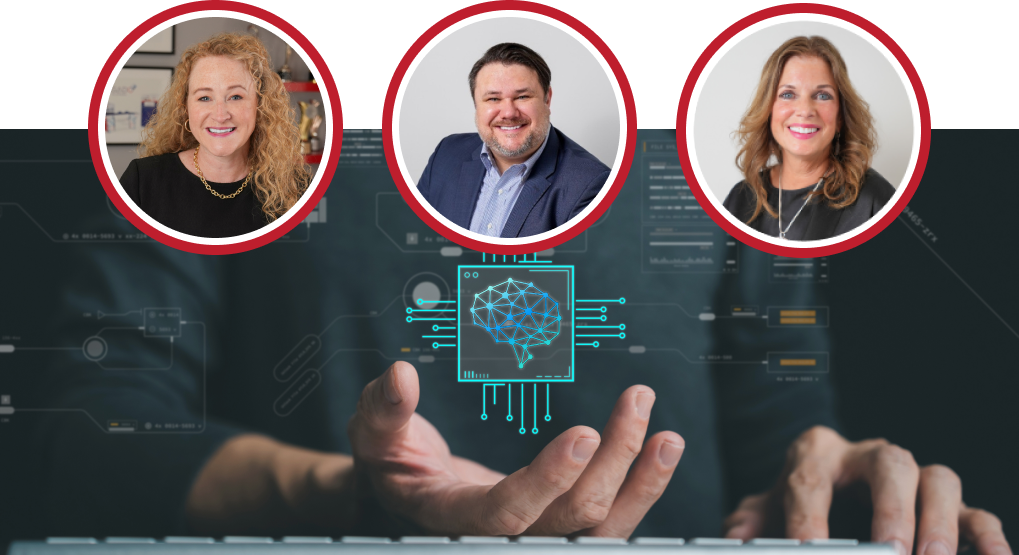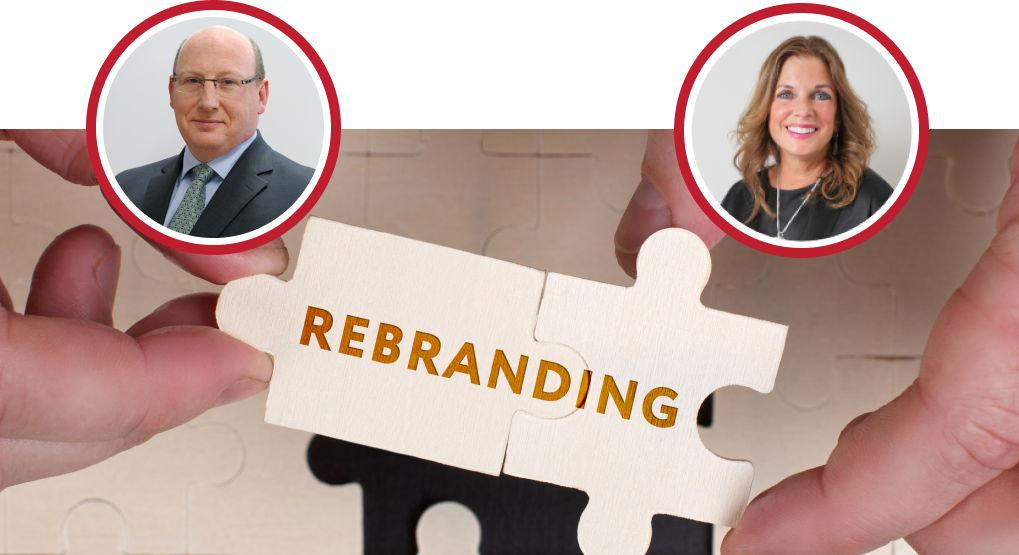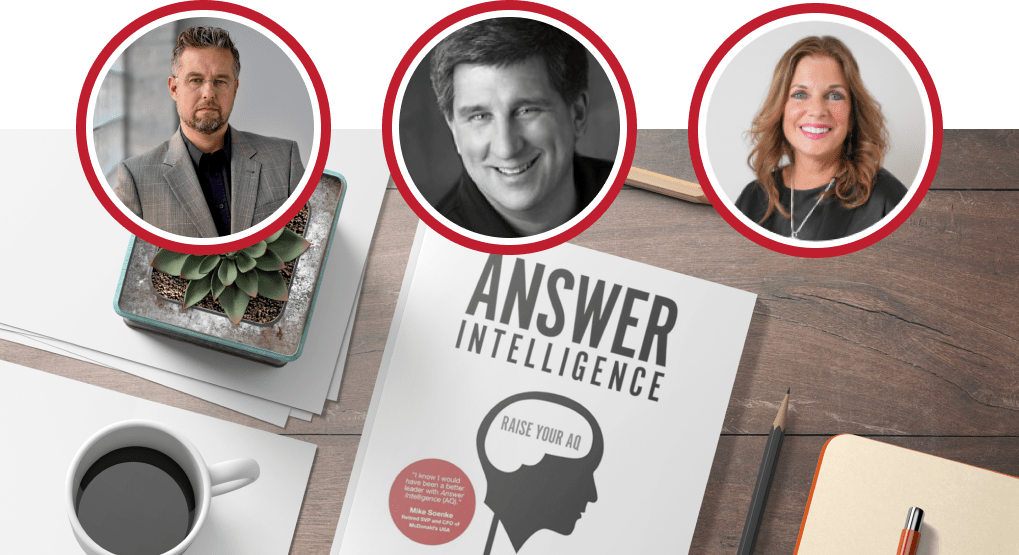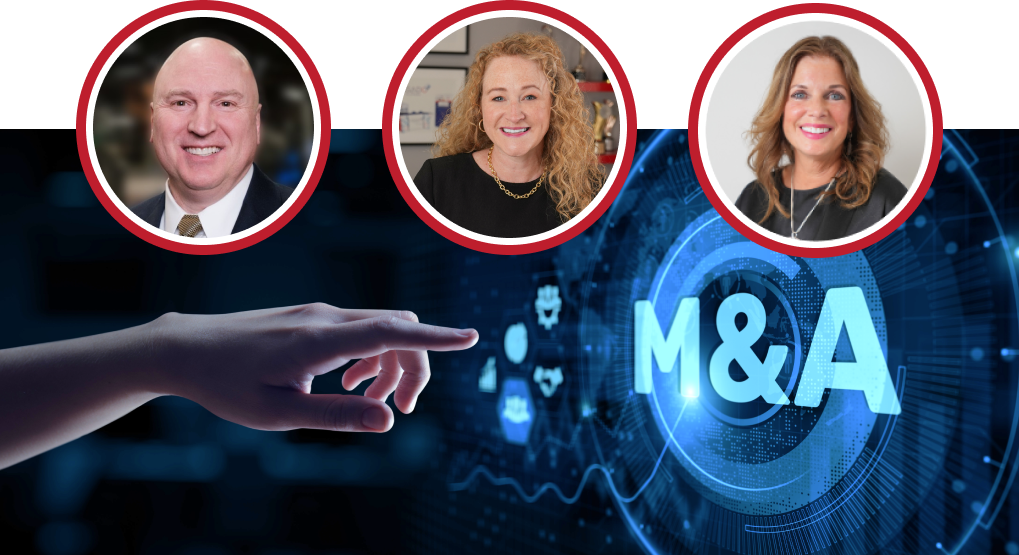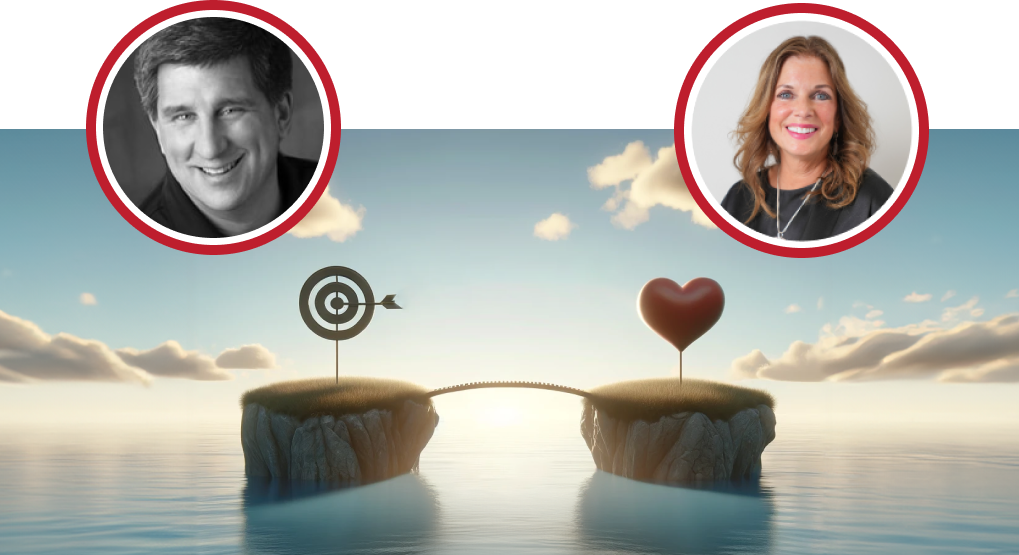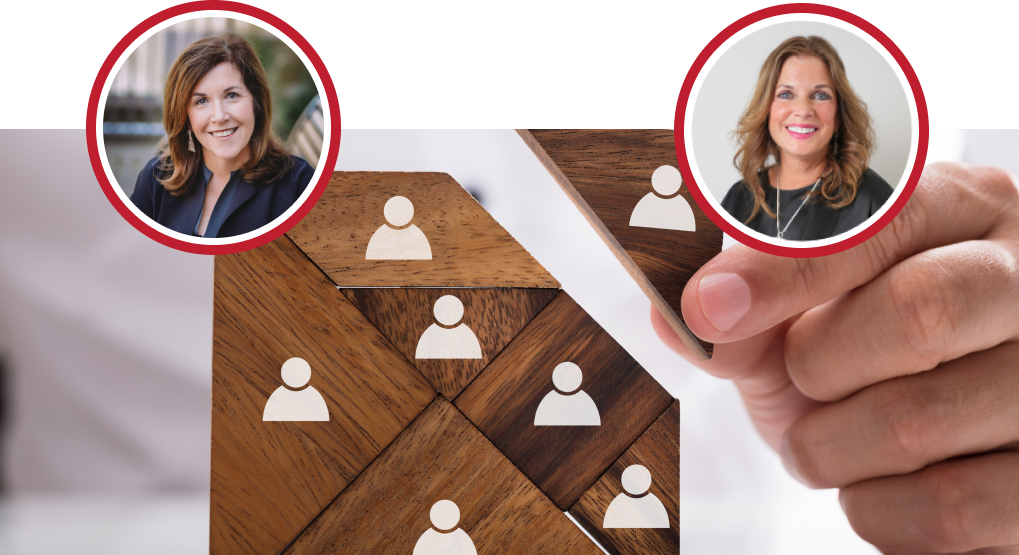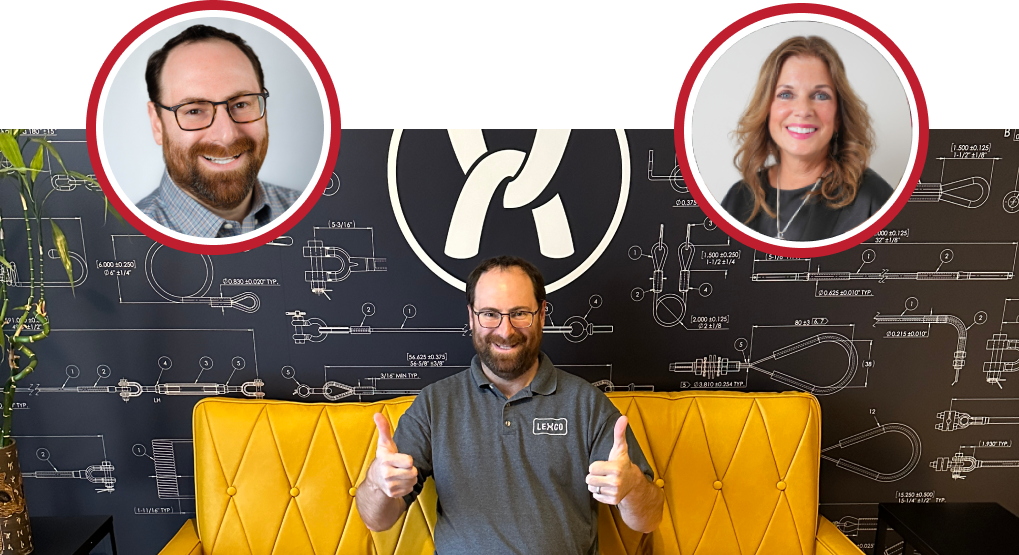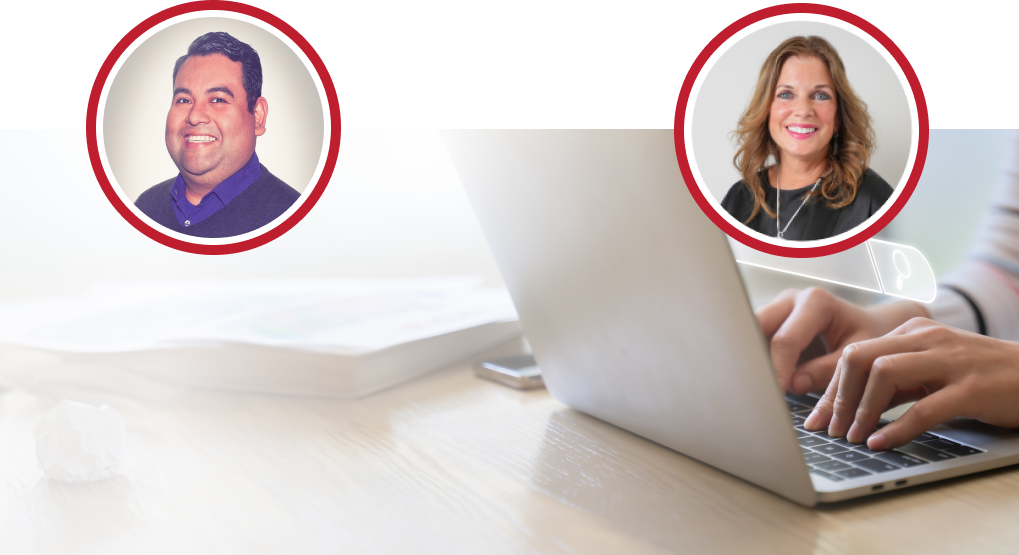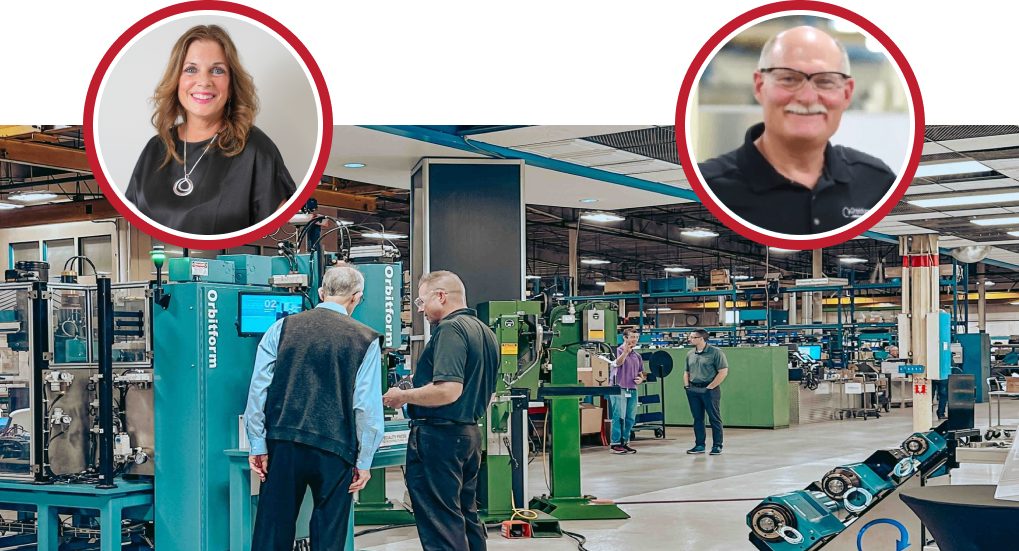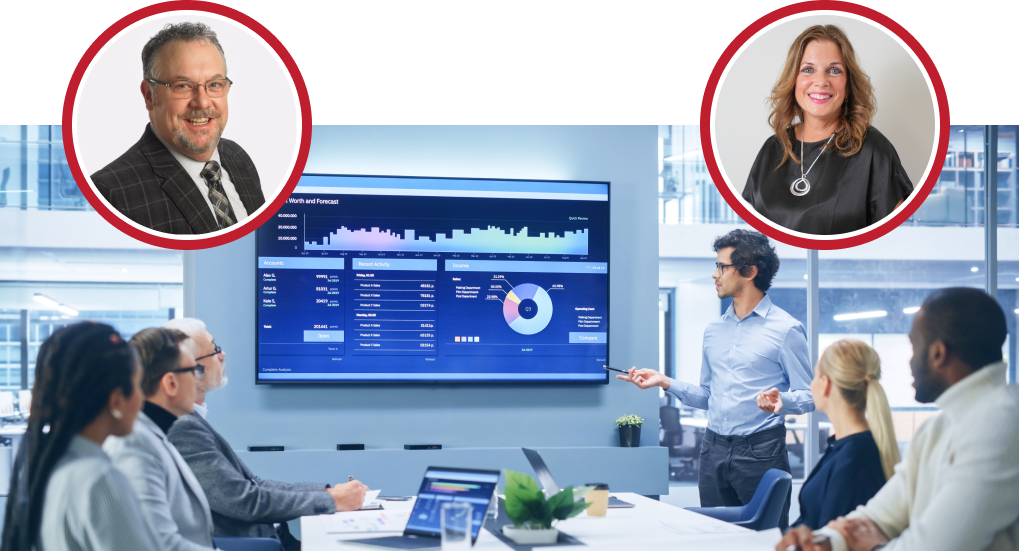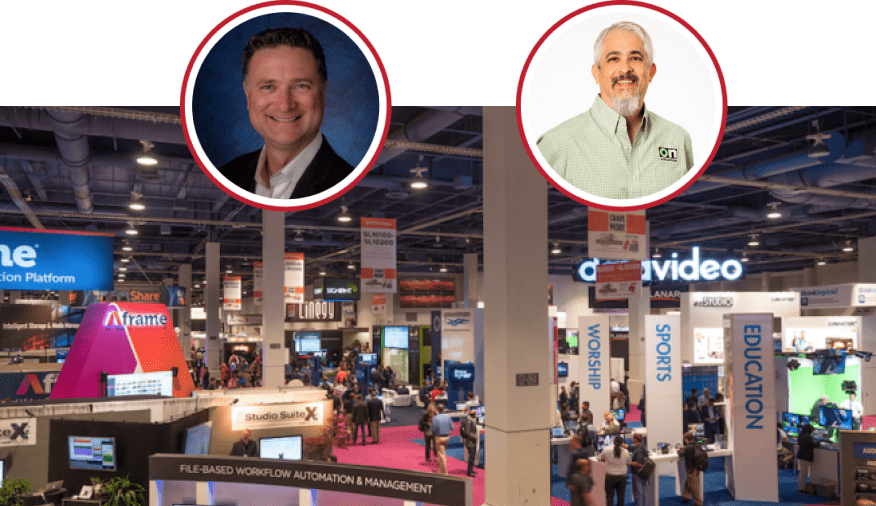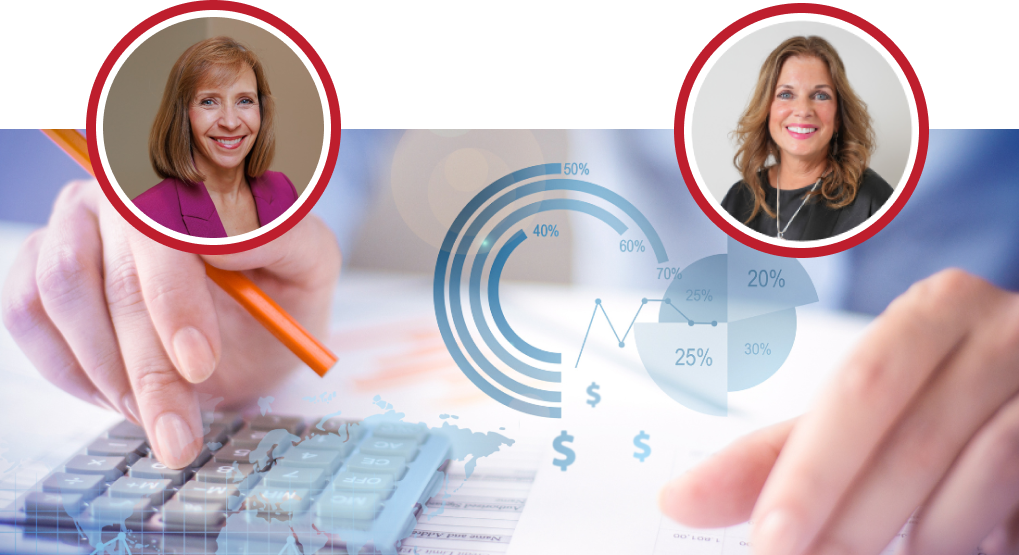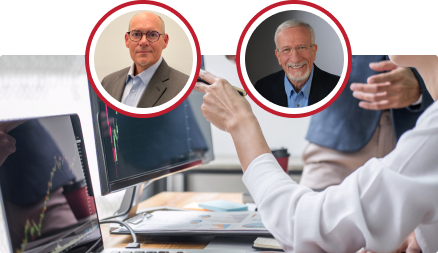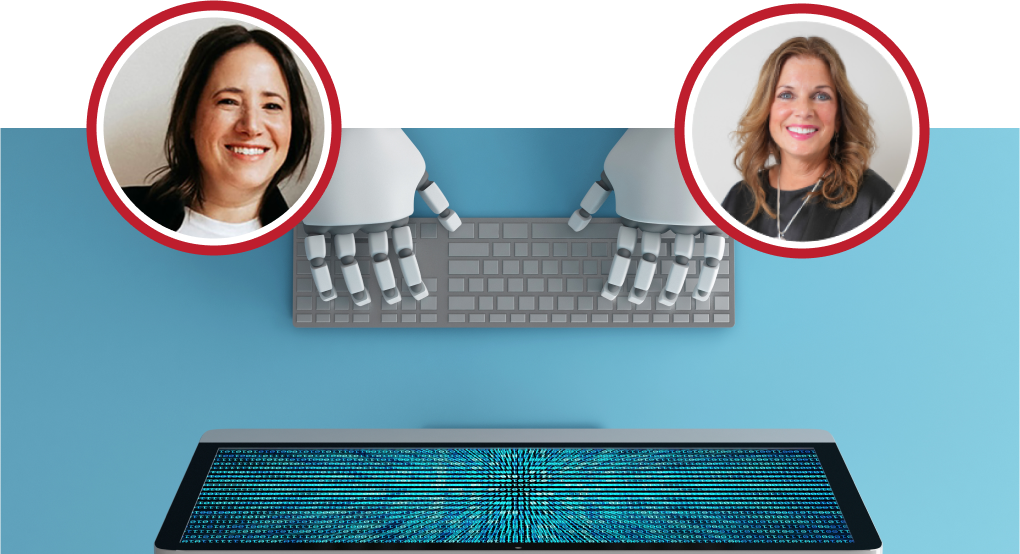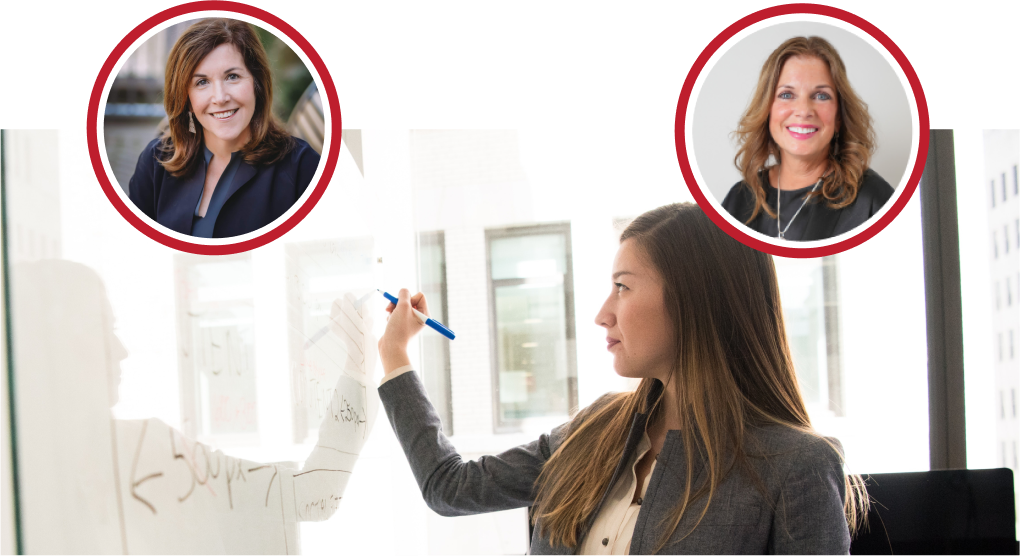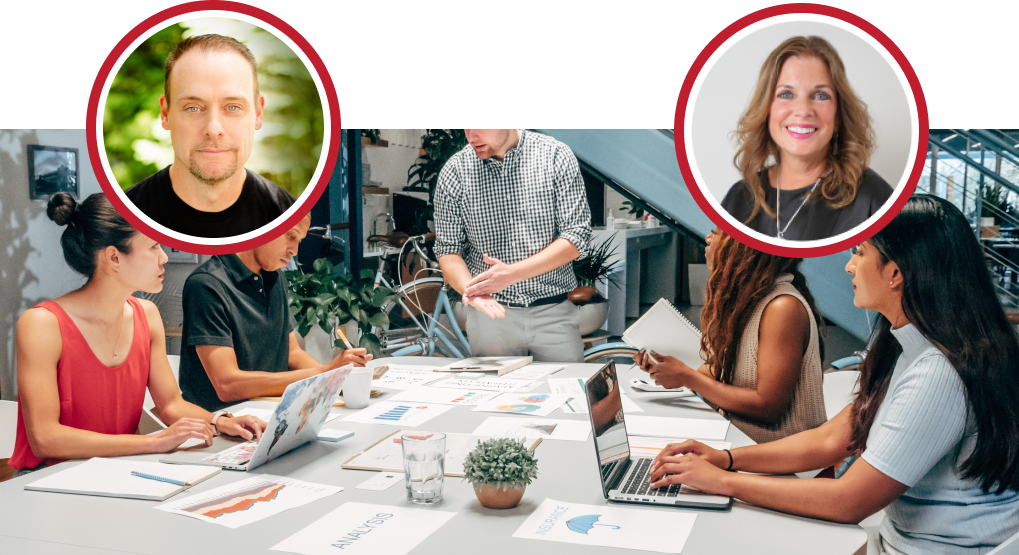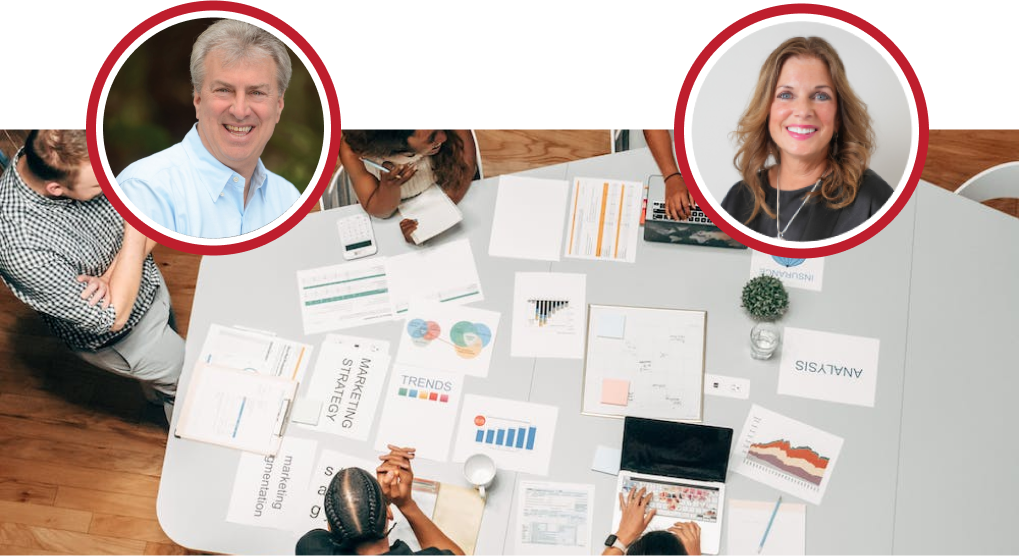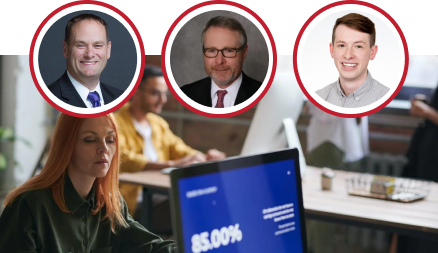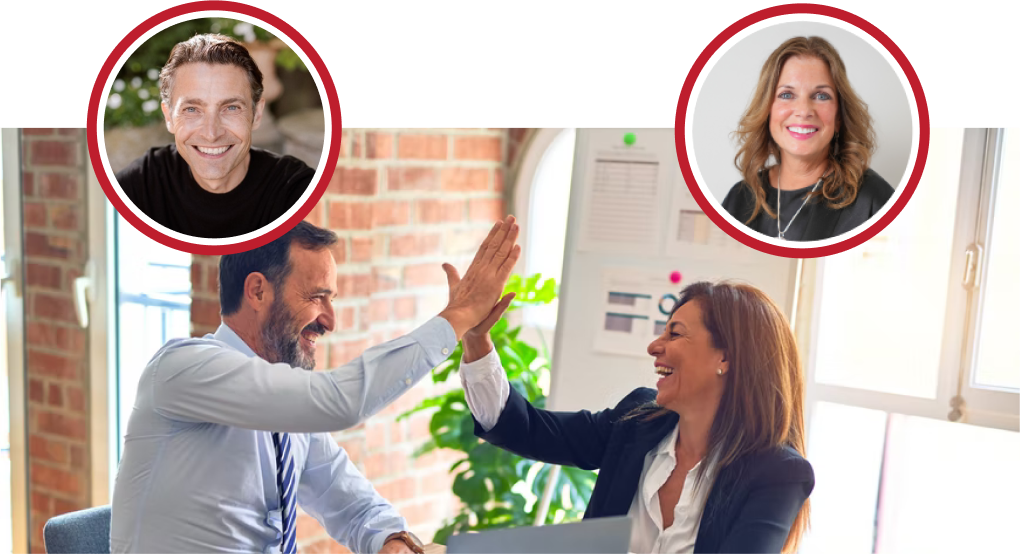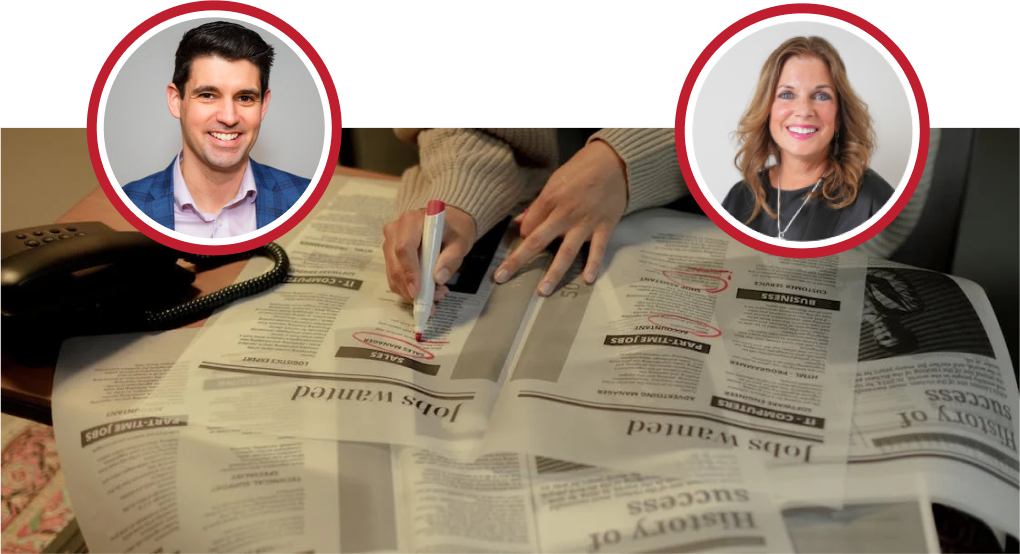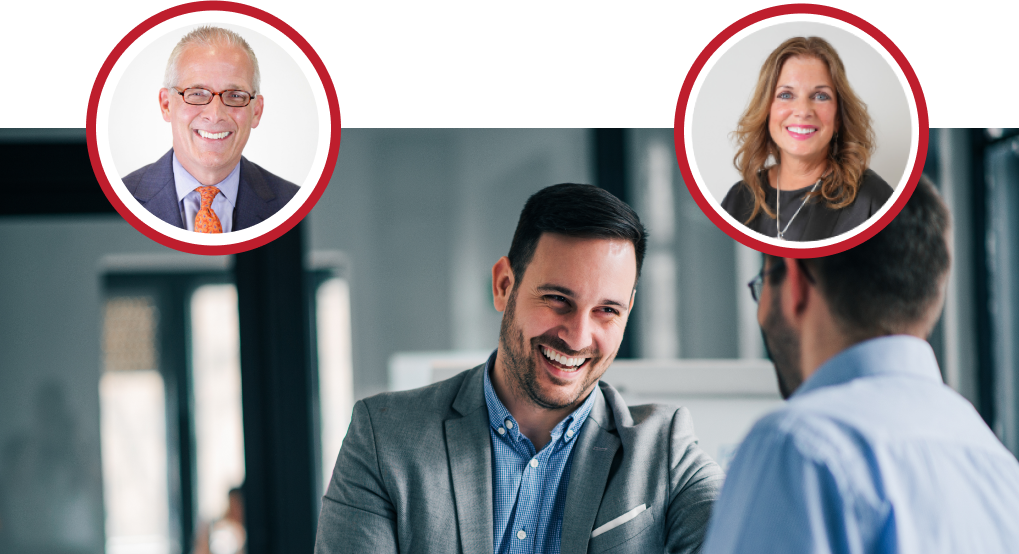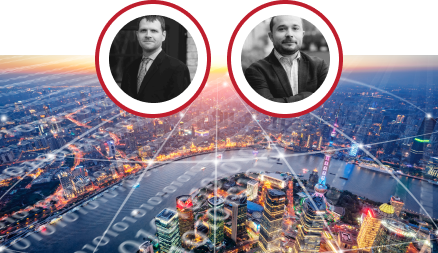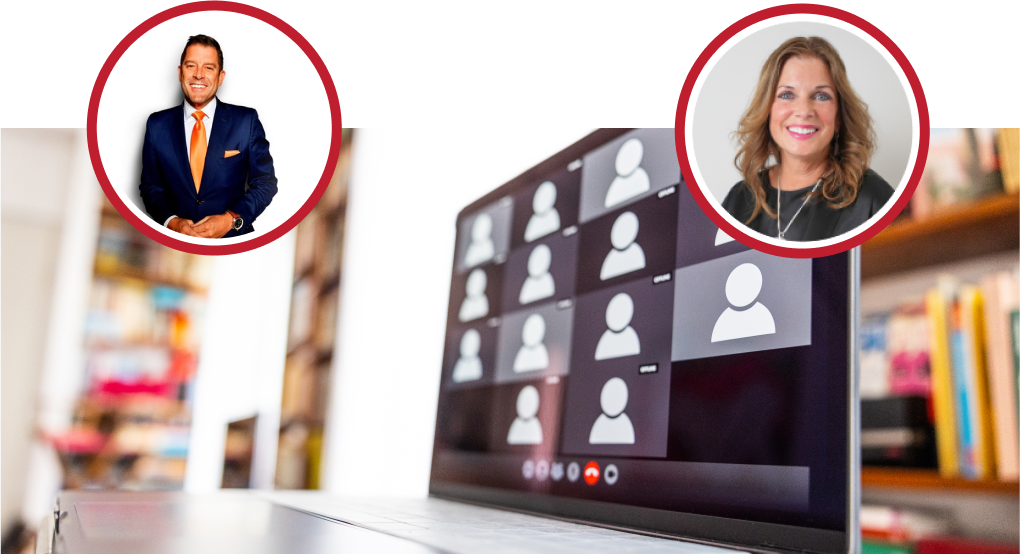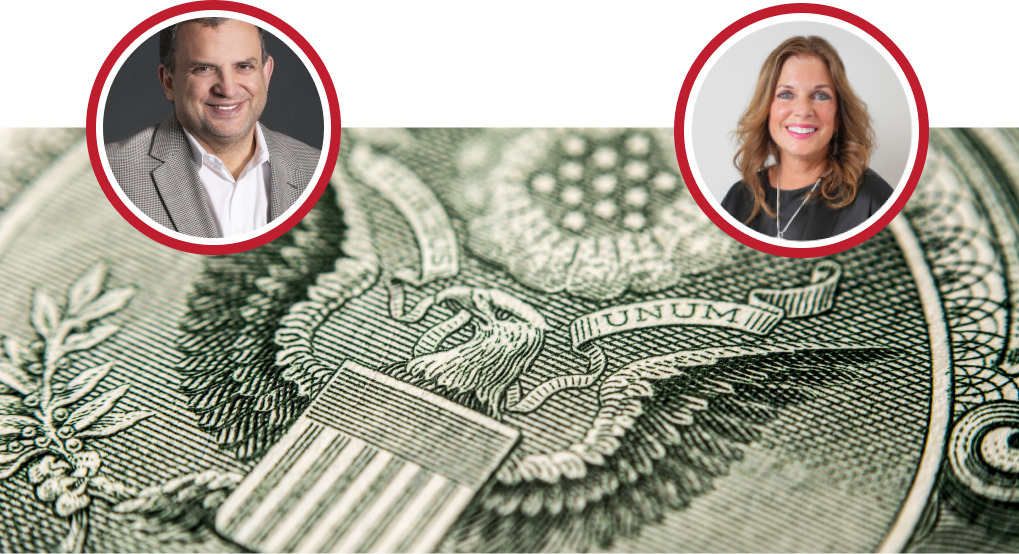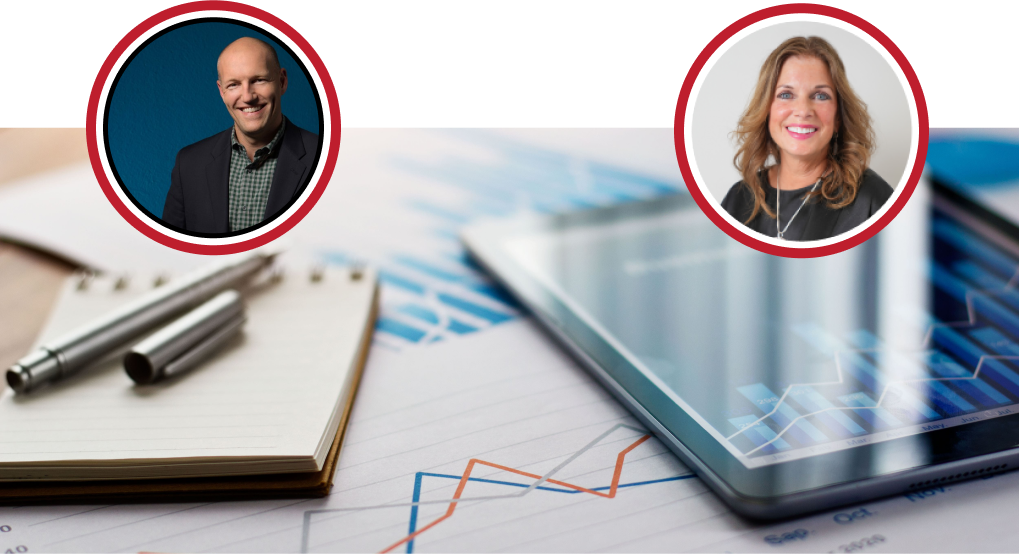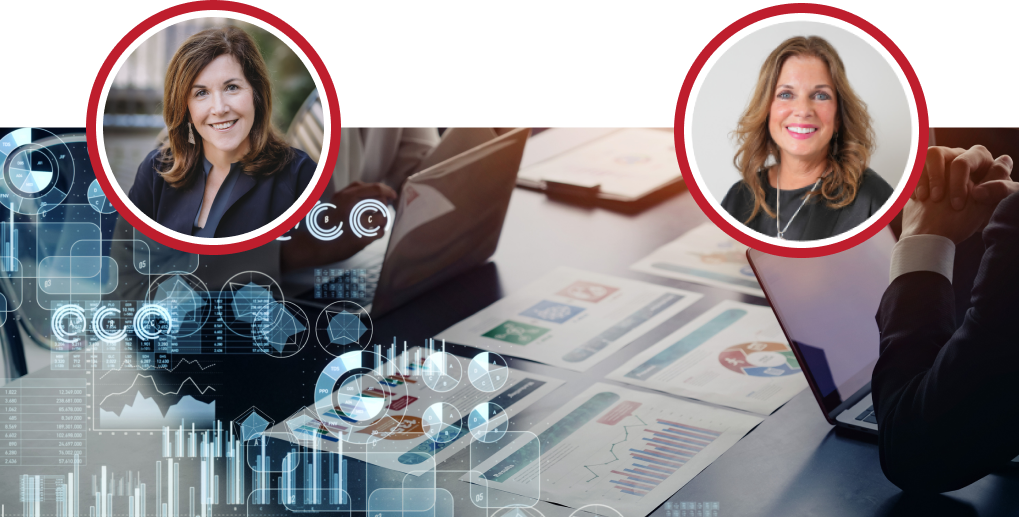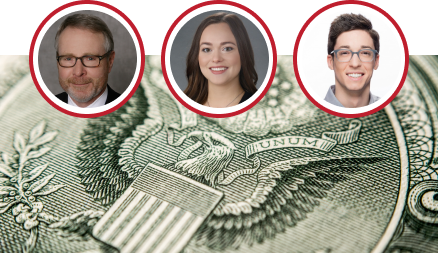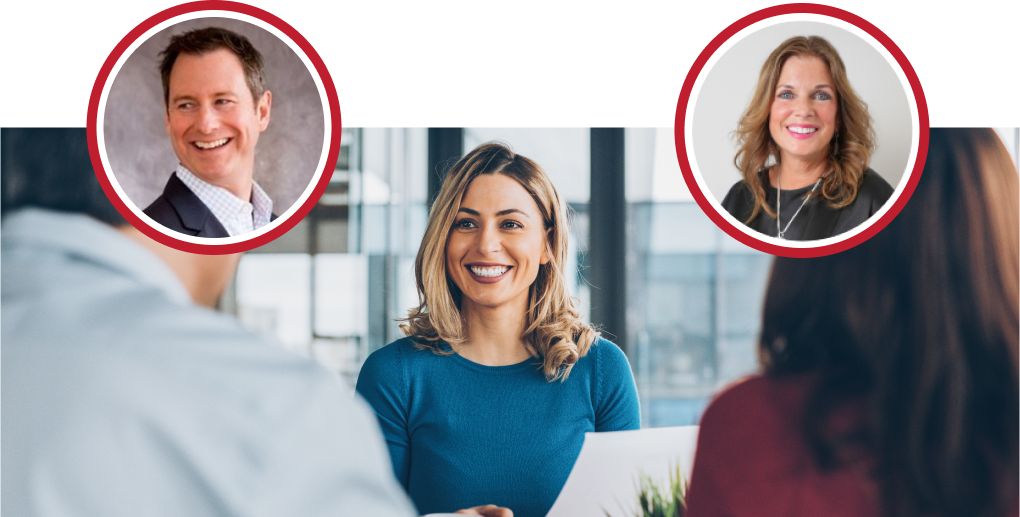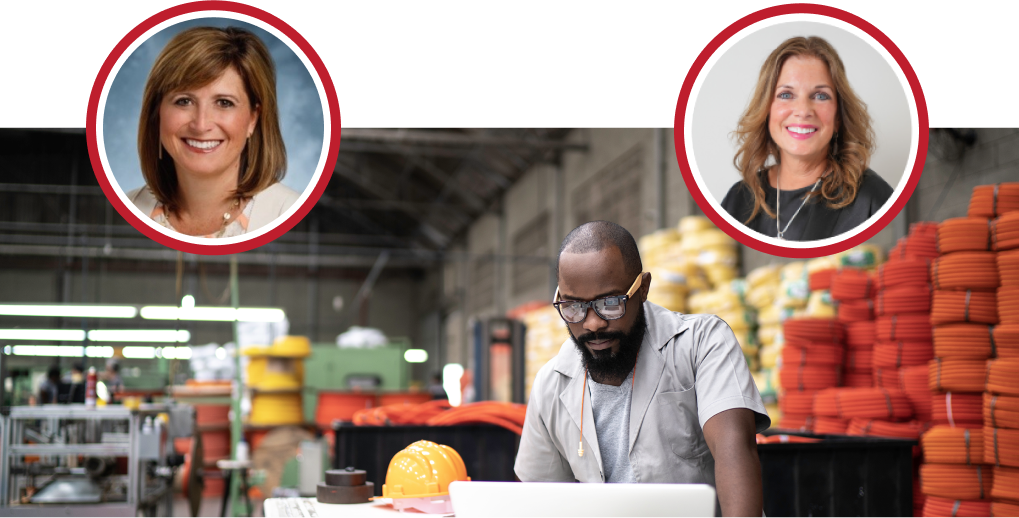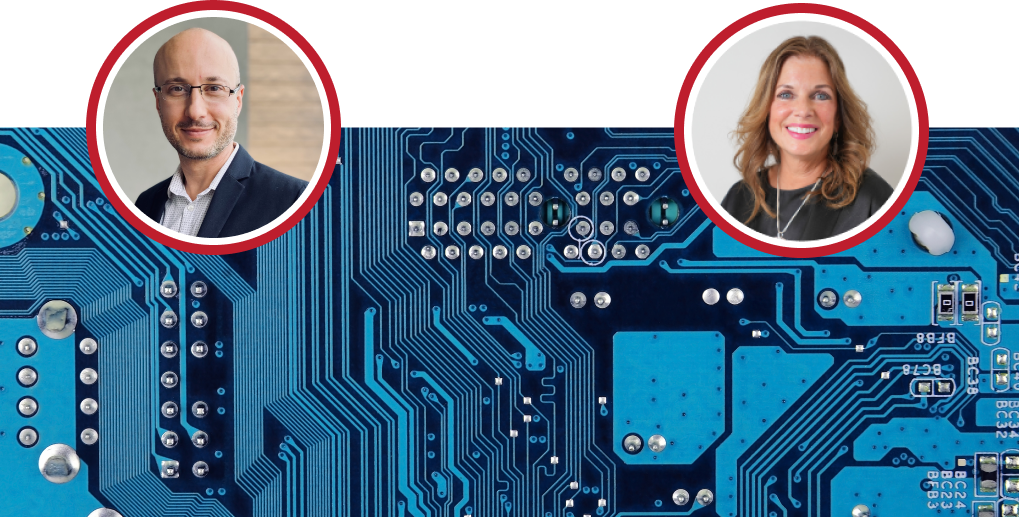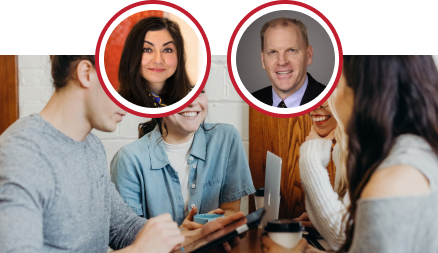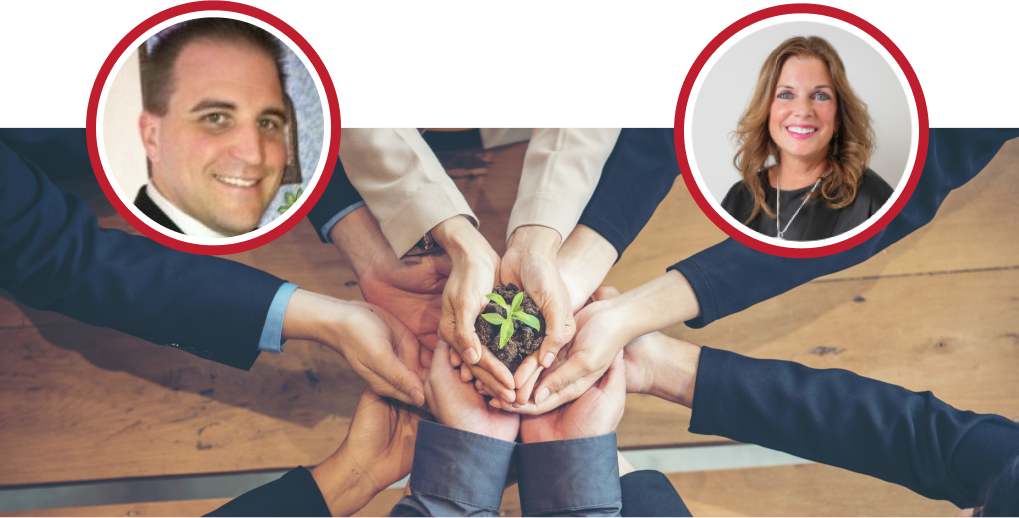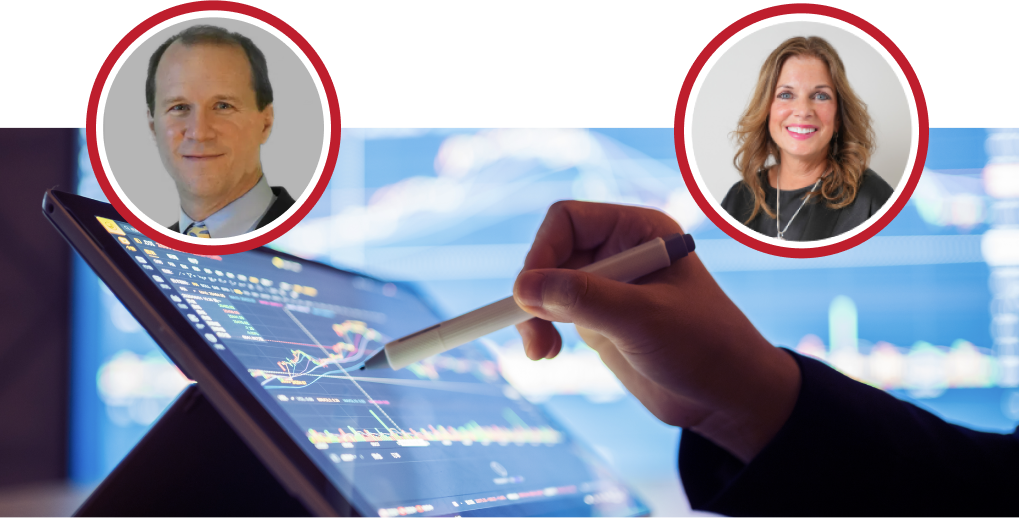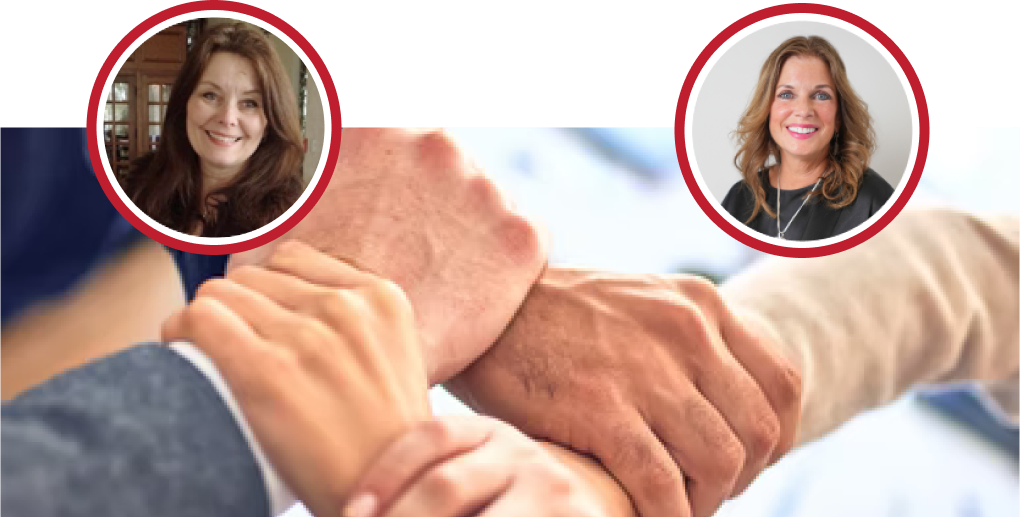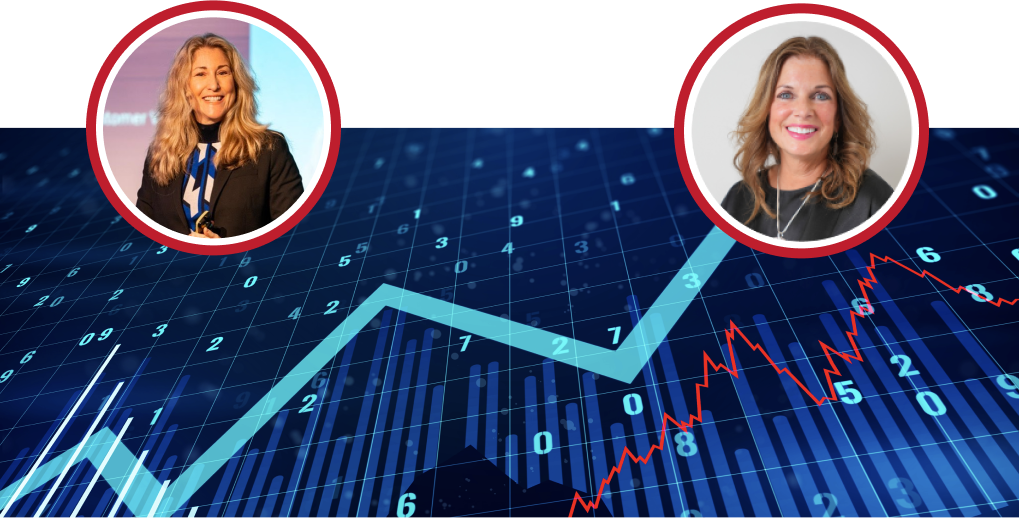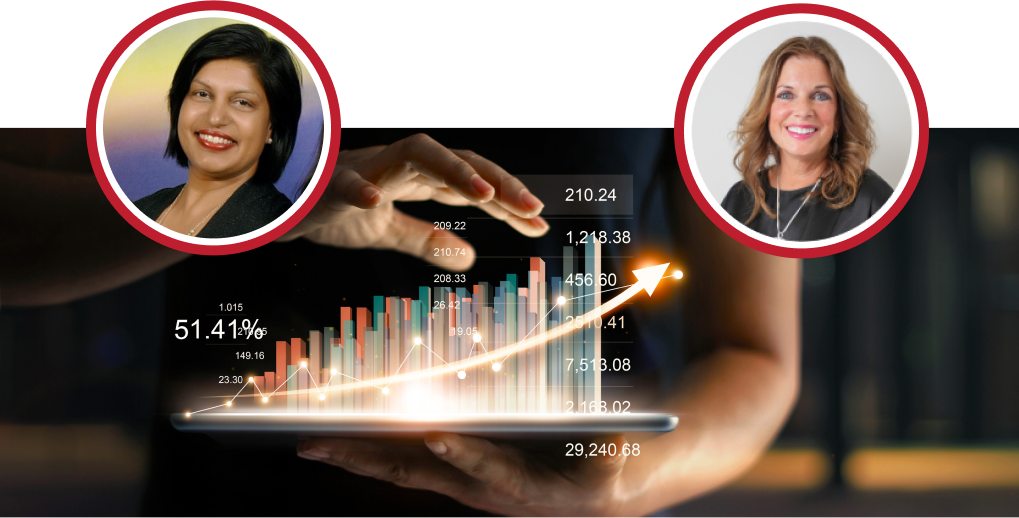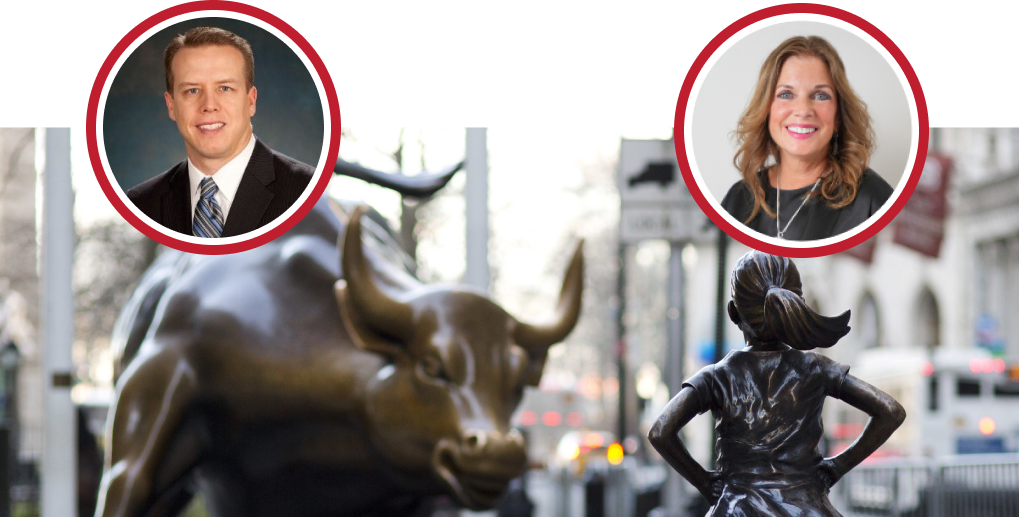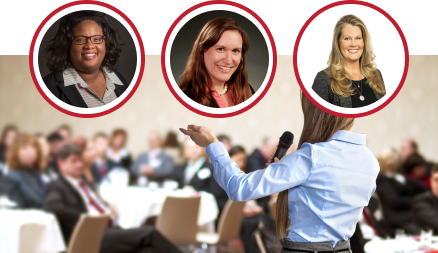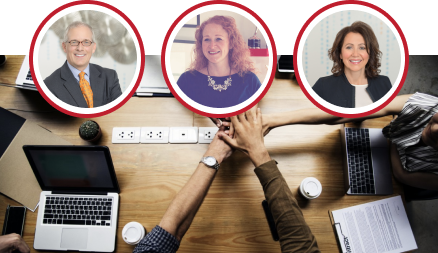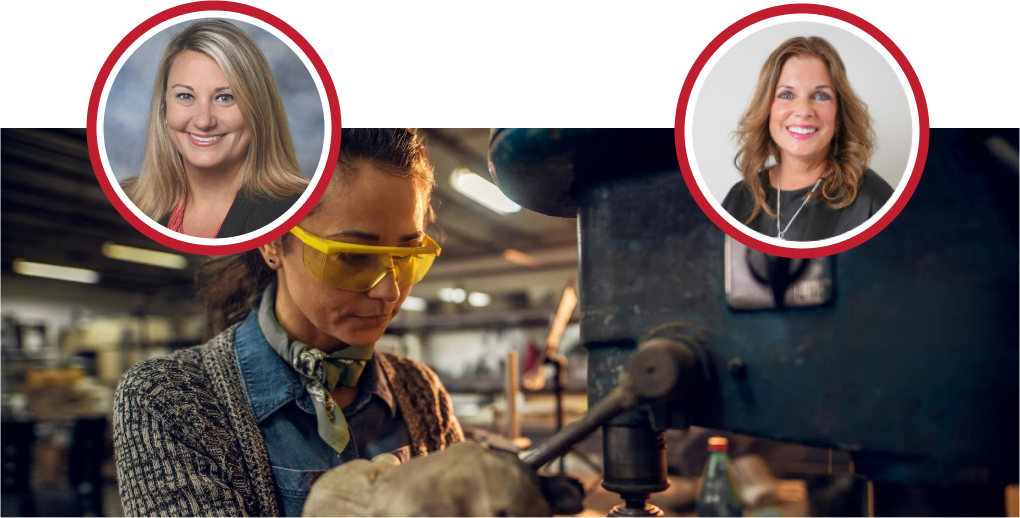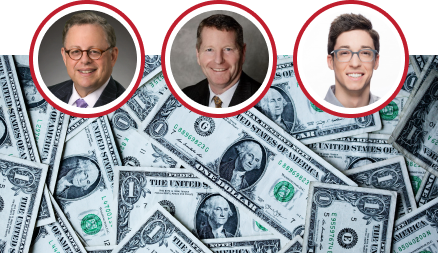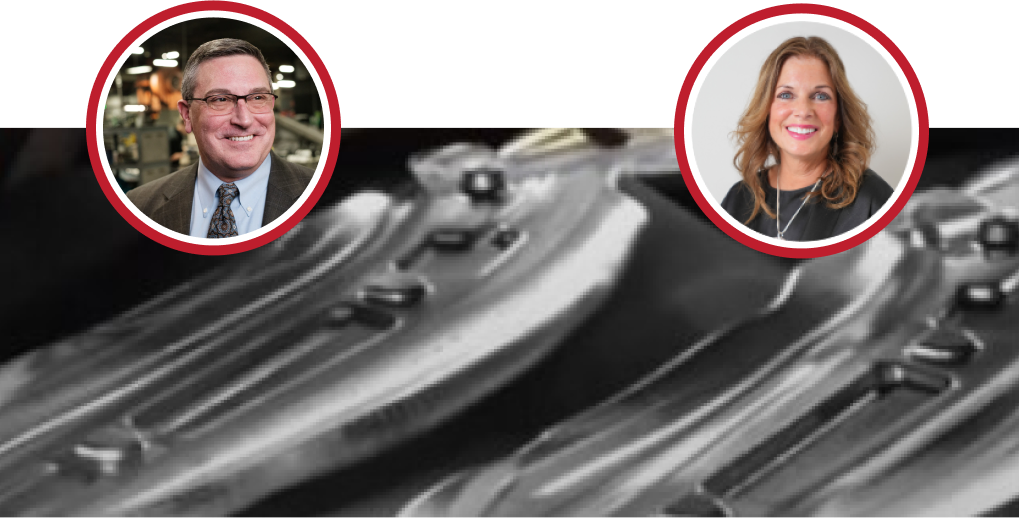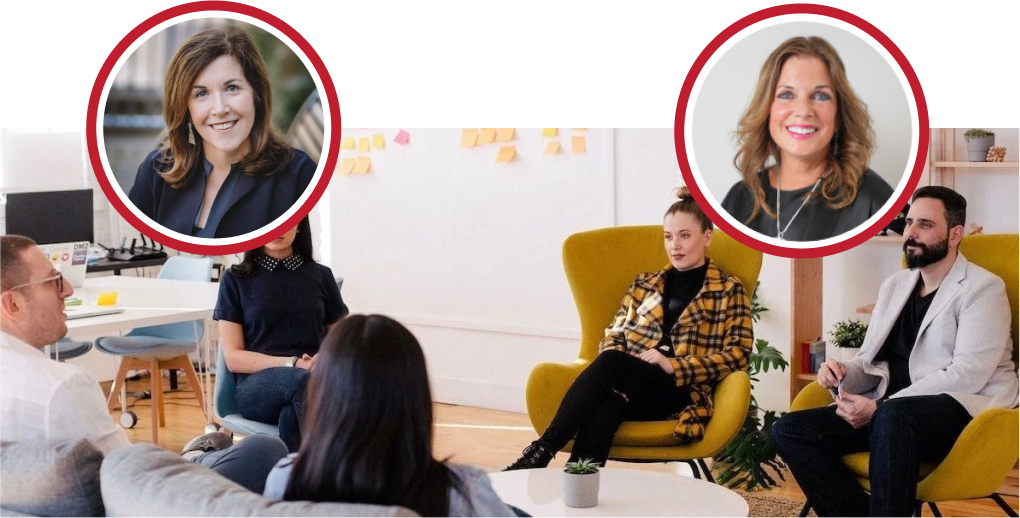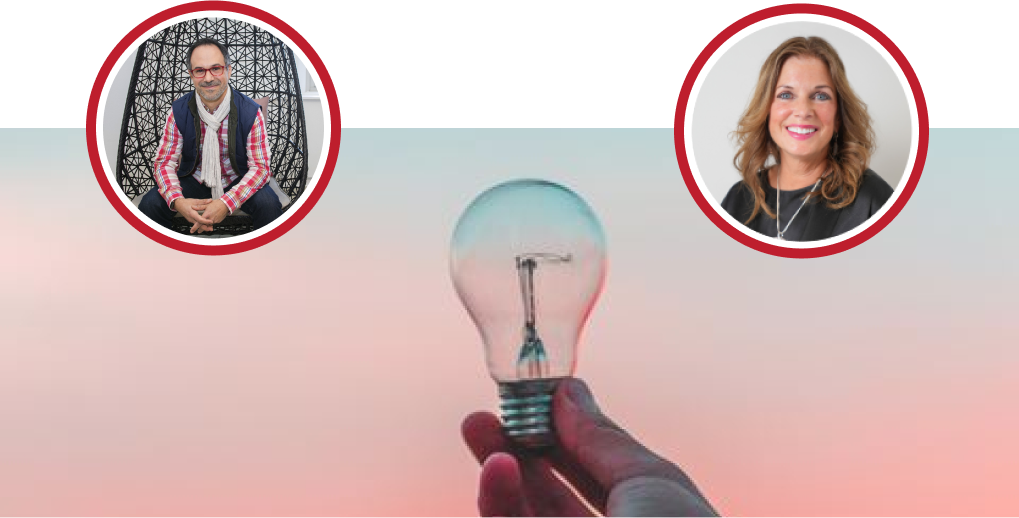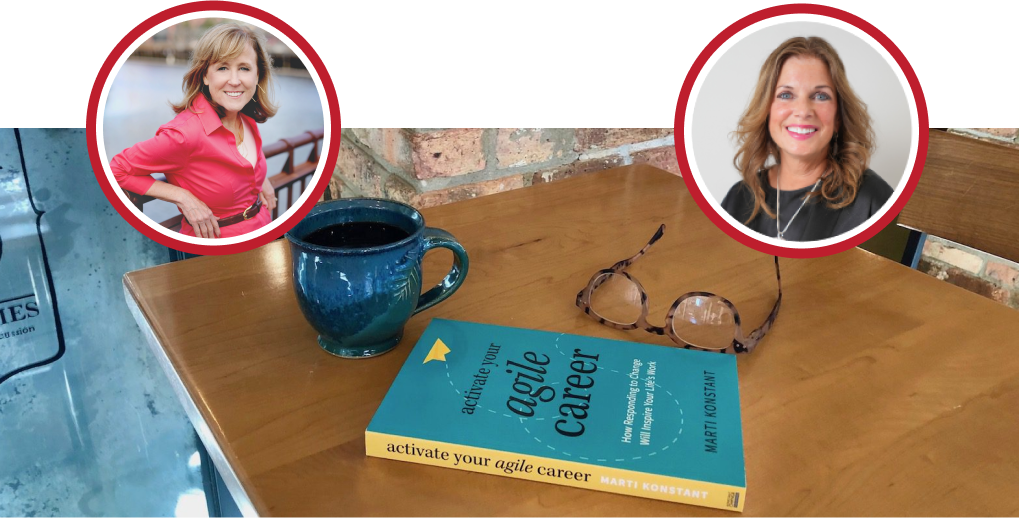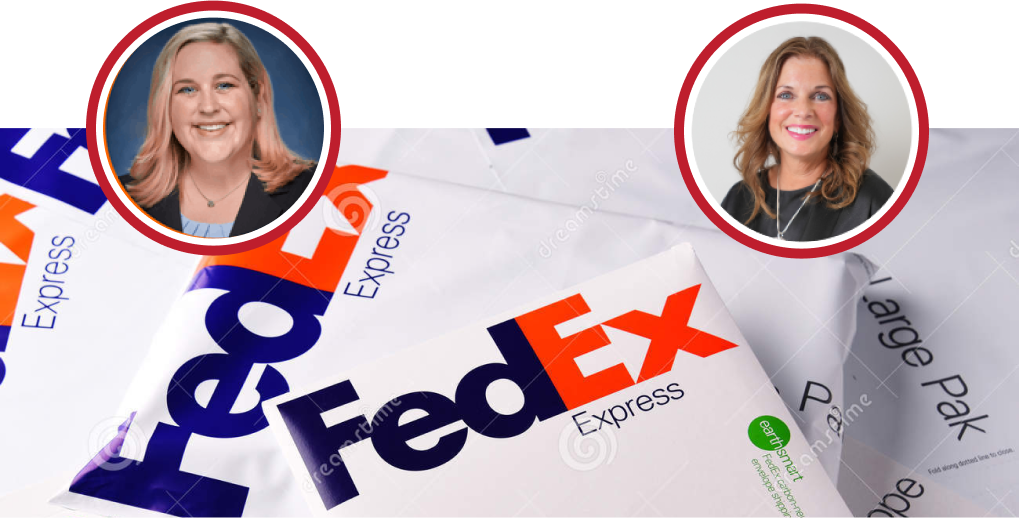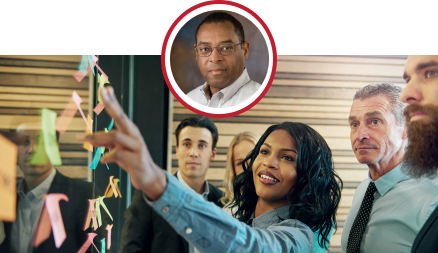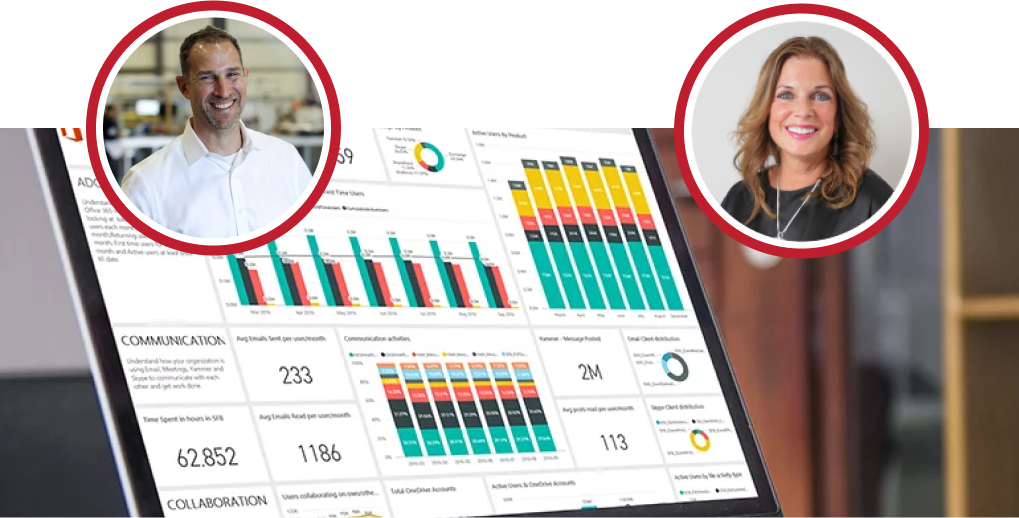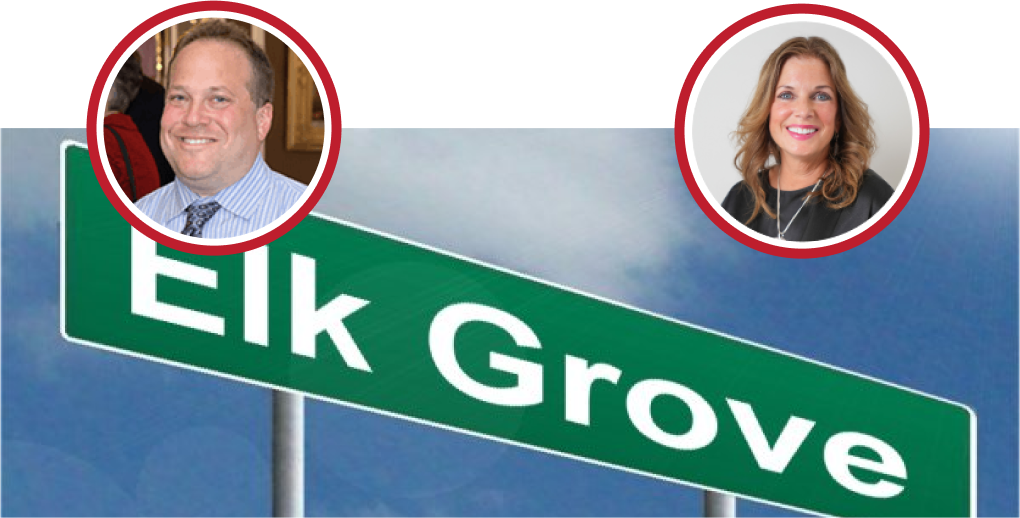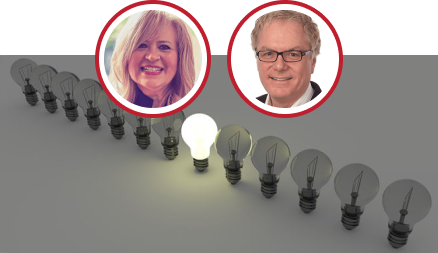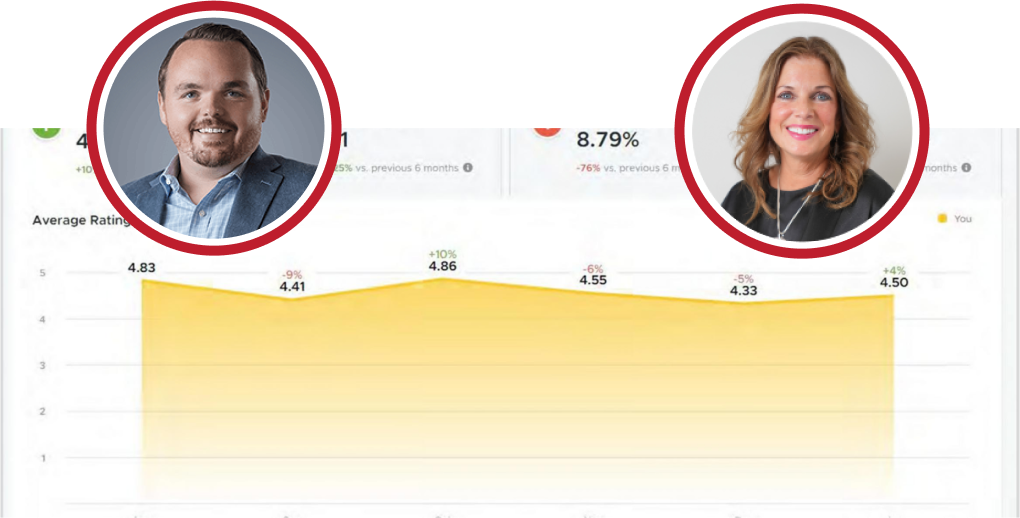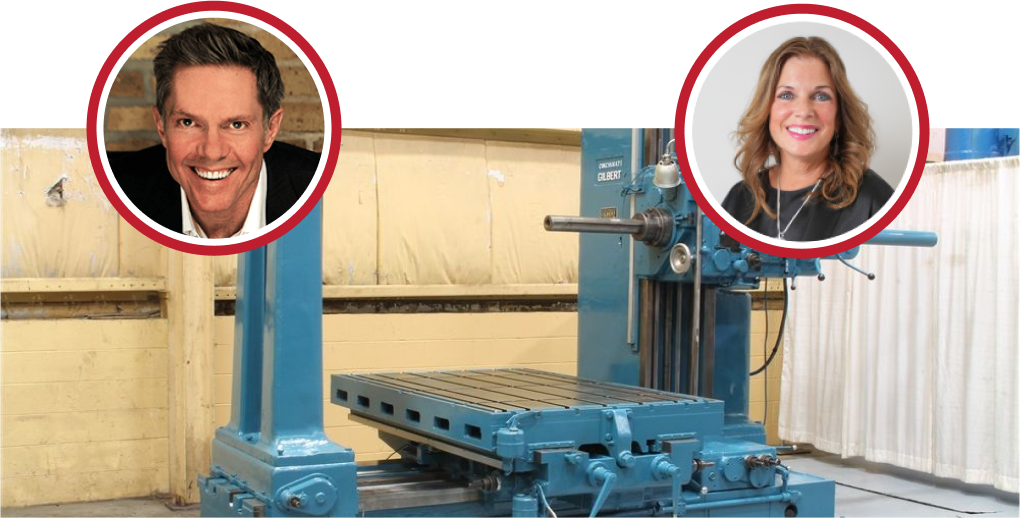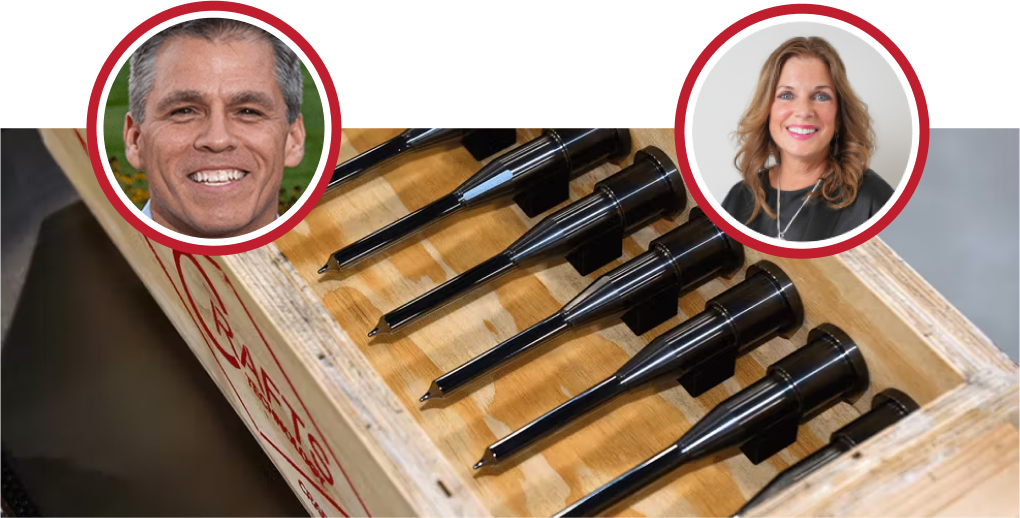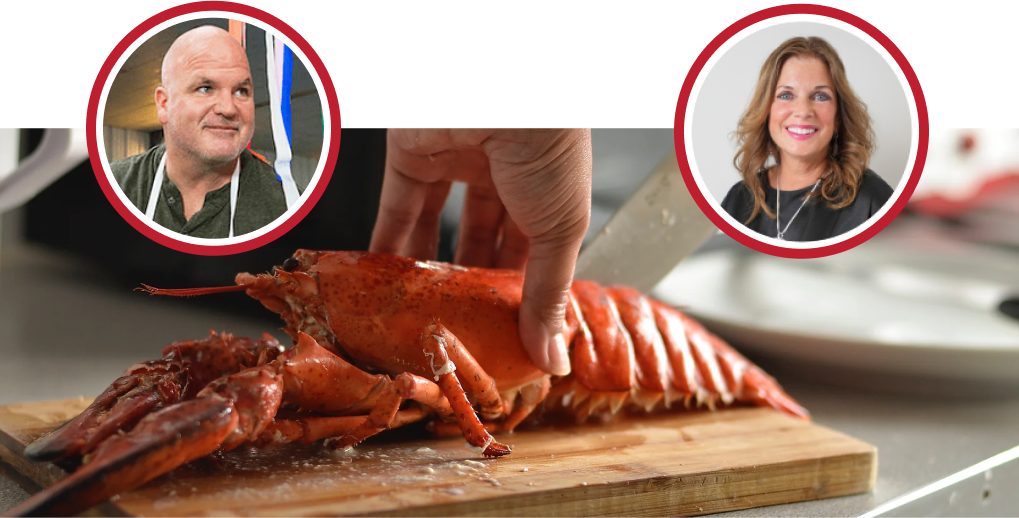Lisa: We are so excited to be bringing this session to you live via Facebook and LinkedIn, as well as those of you who are joining us on our Zoom platform. So, get ready to hear so much great information from Kathy and Diane S Hopkins. She’s the founder and CEO of Xpeers, which is a customer experience and innovation strategy consulting firm. She’s also an accomplished speaker and author of two different books as well as co-authors and several others, but we’ll be touching on two of them today, unleashing the Chief Moment Officers as well as talking briefly about her new one, which is called it’s hard to be easy which is due out in July of this year as a side note we do have everyone on mute. So, I highly encourage you to use the chat function or the option to ask your questions to those of you that are on LinkedIn or Facebook. I’ll also be monitoring those platforms as well. So, please jump in on the streaming comments and add any of your questions that you have as we go through today as well; I do want to congratulate our five winners who were selected because they were the first five registrants for today’s webinar Ariana B Nadia, C Lana, J Michael O, and Jacqueline R, were each the recipients of a 20 Grubhub gift card to support their local restaurants in their community. So, as we continue to move past hopefully this post-pandemic new ordinary world, we still know that the restaurant industry has been very hard hit over the past year, so it’s our small effort to help support your local businesses, remember that when you register for your next “Business As Unusual” webinar. So, with that, I’d like to go ahead and introduce Kathy Steele, CEO of Red Caffeine, as well as our guest speaker Diane S Hopkins. Kathy, and down the floor is yours.
Kathy: Thank you, Lisa. Hi Diane, we’re so pleased to have you here today. I think we’d love to kick off just; Lisa gave some great high-level things about your career but told us about your career journey and how you came to writing this book?
Diane: Well, I started out on a traditional path of healthcare marketing, and that typical path of communications markets communications primarily in providers and as that role and as healthcare got more complex my role expanded pretty or organically from not just a Chief Marketing Officer but then a top innovation and a Chief Experienced Officer because I realized as we were facing more and more challenges not that they’re over with but at a certain point it got overwhelming that we had to be more innovative and when you’re not making a product the way you become creative as a service is to go for a service to an experience so one of the most critical changes that allowed me to have a perspective to write and to change my contribution was the thing we called at the health system I was within Indiana invests, and we went to about 75 companies that we had no business getting into from Microsoft to proctor gamble to Dupont, and we basically knocked on their door and said how are you innovative how are you serving customers more effectively, and we learned from whirlpool and others about that and they many times they scratched their heads and said what could a hospital learn from how we make washing machines, but we learned a lot we were sponges and that opened up my ability to contribute to share that with our teams and move forward with marketing experience and innovation interconnected.
Kathy: I love it. Yeah, I think we are big believers that you can learn from anyone, and I feel like customer experience. Existing customers are the hugest opportunity that most businesses have to grow. We always like to step back and think about the growth lane concept and how do we improve each of the growth lanes that our most reasonable but a lot of times, businesses are focused on new customers versus growing and providing that sticky experience with existing customers so, I’m excited to kind of touch on both sides of the coin today with you well let’s get started because I love that we’re going to be doing something a little bit interactive to kick off you want to step us through a little bit of an exercise. So, why don’t you kick that off? We’ll get everybody sorts of contributing.
Diane: Well, as I get ready to do the exercise. I want to give a little context about why moments why we settled on moments and the two main reasons that I got to that granularity was about one what customers want and that what a real customer experience definition is really everything and anything and that’s pretty big that’s darn too big for most people to be able to wrap their arms around and so since what you feel is exceptional when you go to Home Depot or what I feel is exceptional when I go to the doctor’s office they’re all different and so everything and anything is so big I needed to get that down to a smaller more manageable concept the other thing is that whether you’re a service company a product company B2B, B2C doesn’t matter all that the company is offering all that the company is doing is pretty big and it’s a lot to wrap your arms around all that you’re doing on a day-to-day basis let alone strategically so but if you start talking about this moment with this customer this moment in this decision everybody can wrap their arms around it and I found over the years working in healthcare and out of healthcare especially with frontline people that they felt that they didn’t have much influence and they felt they didn’t kind of get the big picture they were just dealing with their path and their little section of the big picture and once we let them know that their little section of the big picture is hugely important their engagement goes up and we than have to channel that and prepare them to use that influence so one of the ways as an interactive exercise we can do right now hopefully you all have a paper and pen or you can also include this on your chat is an exercise. I love there’s many of them, but this is one of the ones Like the best, and you go to people throughout your organization front line doesn’t matter and ask them what would we never want a customer of ours to say after working with us either buying something being on our website trying us out whatever it is what would we never ever want to hear them say. So, I’ll give you a minute to think about what you would never want a customer to say about you or about interacting with your organization. Are you going to catch capture some Lisa?
Kathy: Yeah, feel free to add those in the chat because it’d be great to share that.
Lisa: For those on LinkedIn or Facebook, we’re also watching there too. So, feel free to add your comments as well.
Diane: So, as they do that the next part of that exercise is what would we always want to hear them say and as you start to look at this, and you don’t look at it with just the leaders in the boardroom you look at it from many lenses in the organization because the smartest 12 people don’t happen to always be in the boardroom, the smartest people not only if you’re a company of four or a company of 40 000 they could be anywhere and so making sure that that’s spread around, and then you’ll start to see some trends you’ll start to see some alignment of where we would always want what we’d always want to achieve in their response and what we’d never want to achieve one of my most fun innovation projects was the creation of a 12 000 square foot innovation center for children’s health education to redefine how kids learned about health, and we did this always and never ourselves, and we also did it with children which was interesting to see what children thought and when we planned it we thought we never wanted a kid to say that was stupid or I never want to go back, but we always wanted them to say I can’t wait to go back and bring mom and dad and I didn’t know about this and what was funny is after we had done that planning and that helps frame your strategy now you all know where are we headed we’re headed to these comments we’re headed to avoiding these comments but when we did the soft opening, and we had some children go through we interviewed some of them and there was a nine-year-old girl that came through, and we had our list of what we wish she would say and hope she wouldn’t say, and she put her hands on her hip after she visited the museum, and she said I felt so important, and we had missed that we had missed the idea that many times kids don’t feel important and through our health works curriculum and all the experiences we created we did let them know they were important, and we did make sure they knew their choices today could affect their health tomorrow so that was a that was a fun learning lesson for us.
Kathy: I really appreciate sharing some color, and I remember our Director of Client Services coming on board, and she really challenged us to define what that exceptional client experience would look like both from our perspective and then really getting that input from the clients as well, and I felt like when she said we want to be the best part of someone’s day, wow that’s that is pretty damn cool, and that’s a pretty visionary thing to think about trying to deliver on a promise, so I think those kinds of contexts I don’t know I can think of about 100 things I’d never want them to say about our company, so that’s a little more challenging list I think so let’s step in you are going to guide us through how to, how do? Where do we get started? How do we start to build a workforce of Chief Moment Officers? So, I think Lisa, we can bring up the slides, and Diane can step us through.
Diane: So, this is kind of a bigger picture journey that I created, and often in any company, when customer service customer experience consumer experience starts to get more attention or starts to be incorporated more into operations at the left-hand side, things feel like an initiative oh here’s another new thing they are bringing to us, and it’s pretty a dependent culture when the leaders basically say this is what we’re going to do with customer experience one of the things I hate is there are unfortunately companies all over the world that their customer experience strategy is that people smile and as long as we get our people to smile we’ve got a great customer experience strategy well it isn’t that simple. So, when you have it stuck in the initial stage where the workforce is dependent upon the senior leaders to tell them what to do to tell them how to look to help all those things kind of almost robotic, you end up with random acts of exceptional care for your customers, and maybe you’ll meet expectations periodically well we don’t want to be there we want to get toward the right further, and as you go from an initiative, we want to move over to an instinct as I said before what a customer believes is an exceptional experience is anything and everything. So, I can’t get 40 000 people in a company to know what those things are so what I can do is prepare them support them to have an instinct to be able to respond to whatever comes their way and what we want to do is move from pockets of exceptional caring or random acts of exceptional caring for customers to reliably caring for customers, and we don’t want to just maybe meet expectations or maybe exceed expectations periodically we want to regularly exceed their imagination things they wouldn’t even ask for and once you get to that instinct culture which comes by exposing staff it even starts in how you orient new employees I’ll tell you I’ve observed many in different industries new employee orientation and i see two paths there’s a company that all the new employees are there the first day and the leader says to them do you realize how lucky you are to make it in here that you’ve got a job here do you realize how many people have been fighting to get a job in this company and then there’s the other organizations that say we are so blessed that you chose us we are so excited that you chose us to join our team and further our cause in this company well there’s a big difference in that attitude, so it starts on their first day and companies that tell you how lucky you are to get in really need to take another look at their employee experience which will affect their consumer experience so at the end under instinct we want to build that interdependent culture they do this great exceptional consumer work not because they’re told to not because I just don’t want to lose my job but because that’s the way we do things around here.
Kathy: That’s not always easy. I think that it is challenging for everybody who wants to do great work and not make a mistake, so how do you foster that safe space, that safe, collaborative environment that allows you to get your team so invested that they do have that instinct to take a step forward and own the experience own the moment?
Diane: So to speak, well, it begins with getting the leadership whatever that may be aligned and often when I’ll go into an organization, and I’ll interview 17 Vice Presidents on what do they think customer experience or consumer experience whether it be in person digital whatever what is their feeling of it if Interview 17 leaders I usually get 12 different stories and if your senior leaders have different perspectives on how important or how it should play out don’t be surprised that the company’s confused in the workforce is confused, so first we have to get the senior leaders to understand that it’s got to be thoughtfully and deliberately designed and planned, and they have to commit the resources to making sure it comes through in training and preparation of new employees as well as existing staff so once you’ve got that going then you need to just jump into co-creation you’ve got to either bring experts in from the outside that can lead co-creation workshops, or you build and train your internal experts on co-creation, and you just got to start doing it and the more co-creation workshops you do where you bring the front line the management the leadership together shoulder to shoulder, and they have to be fun they’s very hard you can do them remotely and of course we’ve had to do them remotely this last year it’s better in person because the relationships build and sparks kind of fly a little better, but you need to do that let them know that their opinion in these sessions is invaluable, and sometimes they’ll be voting on concepts that come up in a co-creation session and everybody needs to know their vote is as equal importance as anybody else and one tip is whenever you have senior leaders or directors in a co-creation session with frontline staff the senior leaders vote last because unfortunately there are people that look and see what is he going to vote how’s he going to vote I’ll copy that, so we don’t we don’t want that gaming of the system we want to see what people really vote the wisdom of the crowd and get that wisdom of the crowd and so if they feel safe, and then we start doing these we dig in and start doing them, and then we tell the stories we tell them about the wonderful thing that was uncovered because of the part-time security guard that opened our eyes to something we had missed and at the end of the day this is about senior leaders and all management understanding that the front line sees what we don’t see they know what we don’t know we’re paying them they’re part of the team why not tap into and leverage those moments and observations and knowledge that they have in our company.
Kathy: Yeah, I mean, I’ve seen the most exciting things come from within organizations, and that’s just such a unique experience to be able to really take the voice of the people that are maybe on the shop room floor, or there, interfacing at with a client at a different level than you would because they’re going to hear something much different than you are I want to ask about, and I saw a question coming in Lisa too. I want to ask about what do you do when something’s gone wrong; we just I before we got on this call, I just heard Lisa tell us that there was a little challenge with something that didn’t get delivered; we’re all, nothing ever goes according to every exact plan so how do you build that confidence and that culture into either accepting that you are taking credit for something that’s gone in a gone wrong, or how do you manage through that in terms of that moment that experience?
Diane: Well, certainly it depends on the industry because, unfortunately, in some industries, the lawyers tell us how we recover and how we should service recover or whether we should apologize or not. So, it depends on how wrong the wrong is, and it depends on the industry but having said that , one very important part of having and sustaining an exceptional experience culture is courage having courage at the bedside at wherever you’re parking the car whatever it may be having the courage to pay attention to what happened to apologize if you can without again legal ramifications again since I don’t know what went wrong there are times when if you apologize you’re on your way to a lawsuit but acknowledging the feelings having imagined people all over the company wherever they may be in a health care setting it could be from the food service people the cleaning people the nurses the doctors up to the administrators everyone understanding that we want to exceed the expectations and the imagination and empathize whenever possible so having the courage to do that or having the courage to say I don’t know why this happened I don’t have the answer no don’t make it up on the fly but I will get back to you, and you’ve got to get back to them, so again it depends on the weight of it another important way to deal with things go wrong is to really be better at listening and this might be a good time to share that slide I think companies need to look at next one that one I call it extreme listening we shouldn’t just wait every six months or every year for a little survey of the customers or just look at complaints and so on of the things I teach in my classes my training classes are that we look at listening in a new way and this is the Japanese symbol for listening the concept of listening, and it’s about ears to hear mind think eyes to see undivided attention which is about focus and the hard to feel so if you start to imagine listening to your customers or listening to prospective customers in this multidimensional way you’re going to uncover new things and once you start to tap or train your workforce wherever they may be especially the customer facing workforce to see things with their ears and hear things with their eyes and certainly in healthcare and many other industries this idea of undivided attention we are all so distracted there are so many things pulling at people to be fully present with supports this moment you have to be fully present to this person complaining to you at this moment or this person trying to buy all this stuff or trying to change their order or whatever it may be so extreme listening meaning listening with this all these dimensions but also listening frequently, and certainly your front line is listening, and the boardroom may not know what they’re hearing so tapping into that with co-creation.
Kathy: Yeah, I love that. Do you have any thinking because I was thinking about this in terms of we see a lot of this in medical in the hospitality industry where people are giving feedback online in the form of Google reviews or yelp, or it’s a lot different it changes that dynamic of listening what do you see what it what are some of the things that you can do to leverage technology in your listening, strategy?
Diane: Well, we’re almost at the point now that we have too much information, and it’s coming in from all these different directions than it used to and so, what I typically see is more valuable in this new environment is make sure you have sentiment analysis options so whether that be again depends on the size of your company whether that be someone that takes it on a weekly monthly basis and pulls it together or whether you buy these customer relationship management systems that are growing like crazy so that you can get to the sentiment and that basically they’ll take comments its software that’ll take a statement that comes in on an , yelp or on a web page and if someone uses the word love that might get a weight of a ten if someone uses the word like that might be a five and so than the analysis happens to give you a good direction because again if you’re getting this from all over the place you can’t always go through every one and make sense of each one now there are certain words like lawsuit or poison, or something like that you want those to rise to the top, and you have a whole process for but if you can get a sentiment analysis process in place where you can take all that’s coming in from all these doors from your organization whether it be directly or indirectly then you can stay on point with the overall direction and watch for the red flags.
Kathy: Yeah, I think this is going to be a big piece of a B2B strategy long term; we’ve already seen it have an impact on hiring, so looking at glass store reviews in advance of going to work for a company, and obviously I think we all take like an Amazon review to hear when we see the negative comment. So, it’s happening in all different societies.
Diane: I would take those to heart in my book reviews.
Kathy: Yes, so, kind of stepping back to the moment, why don’t exceptional experiences happen most of the time? It seems like it’s an outlier versus an, in your diagram of in your strategy. It’s something that it’s pretty hard to accomplish in that instinct column; why don’t why is it so difficult?
Diane: Well, there are a few main things I’ve observed about why exceptional doesn’t happen all the time in companies even with the best intentions first of all leaders and frontline must understand how the customer defines exceptional which we talked about which is everything and anything we I’m going to go off point and come back to this a minute , but other things is that the organization gets so big and so distracted that they forget why they’re there they often forget who we’re here to serve and why we exist because they’ve gotten busy in the pace of the marketplace or pace of the operations if there isn’t consistent company-wide preparation of people to say we expect to create raving fans we don’t want satisfied customers here we want raving fans if that’s not broadly shared and rewarded and recognized then don’t be surprised that it doesn’t happen all the time another one is that operational priorities that changes that come with ongoing operations there may be well defended and important to do but there needs to be someone there raising their hand into saying what’s this going to do to the customer one of the biggest parts and what I’m writing about in the next book is we might do something with our return policy, or we might do something with hours of operation, and we haven’t looked at before we allow it to be implemented what does that mean for customer consumer effort this whole idea about effort so if we don’t balance that before we make the change we’re going to pay for it later and then the last and probably most important thing is if your organization has metrics that you’re using to drive staff and drive goals that are mediocre I mean I’ve been with so many companies that I’ve seen them have a celebration from getting from the 68th percentile in patient or customer satisfaction, and they went from 68 to 70. And they have a big party well 70 is still mediocre and so having the courage to say well 70 is better than 68, but we’re a 99 percentile organization and often people will push back and say well it’s we want to give goals to our company that are achievable we don’t want people to be depressed and sad that they can’t achieve them well at some point you have to your know pull up your big boy pants and say we don’t want to be a 70 company and if we looked at this in terms of quality the story someone said to me that I love to think back if we looked at quality to set a 70 target for let’s just say health care quality that would mean we could drop three babies a week okay if we only drop three babies a week that’s okay we’re at least 70 that’s unacceptable why is it acceptable in consumer experiences it’s not so making sure you don’t have mediocre metrics to begin with is a very important thing now past that going back to these truths we’ve already talked about the co-creation commitment and the idea number three about your staff and preparing staff everywhere to be a more innovative problem solver doesn’t matter what industry you’re in every day if i asked you all what percentage of your day is problem-solving you’re going to say over 75 percent and many especially health care settings I go to they say 99 but then if I ask how many of you have had training in being a more innovative problem solver and how to look at that nobody raises their hand so since we know problems are inherent for customers and consumers why not get all 10 000 of your staff to be more innovative problem solvers because then they can contribute at the moment to solve problems better we again we just talked about getting your teams to embrace extreme listening and then also about customer effort not getting caught lost in all these wonderful things you’re doing your operations, but you can’t forget what the unintended consequence may be for customers.
Kathy: I want to ask a couple of questions around this list so the leaders and frontline must understand how the customers define exceptional and so take us through like some of the ideation we talked about what we think and getting what would they never want to say, or we always want them to say about us like how to do how are you integrating customer feedback into defining what exceptional means?
Diane: Well, again depends on the industry, but most industries have a collection of metrics numbers that help guide what the customer thinks is important, but almost all also have a way to get comments, and in my opinion, the numbers give you direction and trends, but the gold is in words the people that are willing to provide you with some of their time and tell you in detail what you did wrong what you did right what might have been better that’s the gold and so you want to have a process to have people meaningfully read those, and sometimes you have so many that you do have to put them in categories and then share that with leaders in the front line. So, that then they can build upon that indeed the sentiment analysis if you have that pulling from all these different sources of input that can give you some fuel to work on as well, but gold is in the comments pay attention to the people that are willing to spend time to compliment spending time to criticize and look at that as a gift.
Kathy: Yeah, I definitely agree it’s hard to get people to give feedback, and detailed feedback. You might get them to click a radial button or put a star in, but it is more challenging actually to get the comments back.
Diane: And, if you need to do focus groups, if you need to do primary research to pull more of that, outdo it but don’t forget to do it first with your employees because they again see what we don’t know from their vantage point so do that first.
Kathy: Yeah, absolutely, we know to use that in our process for building a strategy just understanding what the employees that are interfacing with customers really know, and then we balance that with interviews with prospects and customers to really understand what they want, in the experience like it’s really telling, and it’s very critical data to building that the strategy and go to market plan for sure, one other question I wanted to ask was you talked a little bit about intensifying and rewarding in that list and so is there some examples that of things that you’ve seen work in organizations that help I agree on the training I mean, I was just like oh man problem-solving training how like how to even do that, but I think that love to understand what are some of the things that you could bake in to reward your employees for, for handling these moments and in this exceptional way what have you seen work?
Diane: Well, first would be investing in them as a person and again starting with new employee orientation one of my favorite stories was we always at this one health system made sure that the new employees I think it was every month there would be about 50 or 60 people and if it didn’t matter if they were a cleaning person a food service or a heart surgeon they were all in the same group they were all orienting together meeting each other and all that and I did a program as part of that where they all became they went through four or five hours of it and at the end I designated by the power vested in me, I designate you a chief moment officer, and I’ll never forget again this is the first two days of their experience there was this one guy who’s about 19 years old he was a new guy in environmental services and in housekeeping, and he raised his hand very aggressively after I distributed their chief moment officer cards and all that and told them from this day forward you can put the letters come after your name we expect you to do that here, and he raised his hand and I asked what he wanted, and he said is this legit I said is what legit he said do I have letters after my name i said you absolutely do, and you could see his whole aspect change you could almost see his chest expand he never thought he’d have letters after his name and he got it he was excited about it, I wish I had stayed in touch to see where his journey was, but I remember that moment for me as a trainer to watch someone ignite what they didn’t expect in the know typical boring orientation process and so that recognition of helping fuel people to be better contributors that’s one way certainly most companies think oh we’ll incentivize with money and there are pros and cons to having bonuses on this and did one person do it did a team do it how do you do it one story in the inner visits we did I think it was with whirlpool years ago they had a system to re to incentivize people for innovations and new things for customers, and they would give them you know a check for I don’t know three thousand dollars or whatever and then if they studied that experience with the employee, and they said well at that time they got a paper check they usually opened it in the car before they went home they opened it and taxes were taken out and so the person the woman that just got that little 3 000 check it’s less than that, and she had a thrill while she sat in her car looking at it for three seconds, so they changed it, and they taught us about lifestyle bonuses and so instead of giving a check they said what when you contribute XYZ for customers, and it’s it’s a big thing we’re going to let you choose a lifestyle bonus up to a certain amount so that meant something your whole family would benefit from, so they put decks on houses they bought the whole family mountain bikes so imagine a lifestyle bonus so every time the family rides bikes it’s hey dad did this because of that thing he did with the refrigerators and so that was an interesting lesson for me to show how do you get the experience of being recognized to be more than five seconds long.
Kathy: No, I love that; I think that, even in customer gifting, you can think about that personalization; I do have people say they love our coffee mugs, but how can you be a little bit more innovative in giving a gift that’s going to help change their lives in some way versus a stress fall or something like that right your company logo on it, let’s kind of get to a couple of the last questions here. So, what business leaders can they do to stimulate emotional, intellectual, and financial growth in their employees?
Diane: So, I like to look at the idea of all of this work innovation and customer experience strategy leads to three types of revenue the first one I call emotional revenue, the next is intellectual revenue and third is the one we always go to is financial revenue for the company that keeps us in business so in emotional revenue is how alive is your company what’s the culture are people energetic are they excited to come to work , so you want a culture that has emotional revenue flowing that means it’s alive and there are new things to look forward to and people matter everyone’s influence is valued so that’s something you don’t want to just take for granted you want to specifically go after emotional revenue the next one is intellectual revenue you’re going to learn things and if you learn them for a moment, and you don’t capture it you don’t share it broadly then you’re going to make the same mistakes over and over in this location versus that location so kind of little bit of knowledge management but build that intellectual revenue whether it be by your own experiences in your own performance and what you’ve done well and what you haven’t as well as go out of your walls go out of your industry like visits go to places that have nothing to do with your industry and see how your stretch you can stretch your thinking and apply some things we actually would look at Disney because they were really they are really good at waiting well hospitals and doctors’ offices have waiting what could we learn from Disney about waiting and bottom line the biggest lesson is distracted waiting if you are so distracted by your waiting did you even wait if you forgot that you were waiting did you even wait so going outside your walls and learning within the walls as well.
Kathy: Yeah, I love that; I think about, two recent experiences with, one with the healthcare system where my husband was having a surgery and the fact that they were calling me every half-an-hour , I think they really engineered the experience so even though it was a very scary, emotional experience for me, it I was kept informed and, I think obviously, when somebody’s in your know in a surgery that’s what is the experience; you’re nervous and so just having somebody call you up and tell here’s where we’re at this is what’s happening now I think , that could be taken across delivering a package or taking a know that’s your pizza gets delivered; so I think, that isolating those pain points within the customer’s experience and then adding in those moments are really cool, and I also just was talking about my neighbor our salon next door I was getting my hair done, and I just love the experience they are upselling, but they do it in such a genuinely cool way where they’re saying hey as they’re washing our hair how are you doing on your products what is what would you need, and it’s not you don’t feel like here’s our sale product here’s you need more shampoo it is it they blend it in with this experience, and it’s just it is really incredibly done and I, so I, and then I want to ask one more question about the emotional stimulation for your as a business leader that to me is really challenging I think we all want to engage our workforce we’re also seeing I think everybody’s seeing this challenge with hiring and getting people to come to work at all types of businesses today so how do you keep it going like what are things that you have seen work to keep that thread pulled through past onboarding and getting that come certification on your title.
Diane: Well, you first have to make sure your management staff who are managing all these staff members on behalf of the greater organization you have to make sure you don’t have bad eggs there that are defeating the purpose and so management needs to be incentivized to have an enthusiastic engaged and feeling appreciated workforce so if because the CEO can’t be everywhere and the chief hr. officer can’t be everywhere, so you need to make sure that leaders if they’re going to stay in your organization embrace this do it well and share those stories because if you’ve got a few minutes we don’t leave jobs we leave managers, or we leave directors and so you have to make sure that you pay good attention to who you’ve got in those roles and are they worthy of the trust and energy of the workforce there over and so that would be a big one because when that’s not working the rest of it a lot of times people say well I’d like to go into this department that’s struggling with their patient satisfaction scores , and do things and so the director of that unit may say well I’ll just meet with you because i know all the things that are going wrong, and I’ll have to push back and say no I’m going to meet with a lot of people I’m going to deserve without you because sometimes she’s the problem, and she’s been the problem and so you have to have the fresh way to look at it the other thing is that you have to walk the talk and share stories regularly on an ongoing basis of what things have gone well now that doesn’t mean there aren’t times when things do have to change and what I like to say about keeping the energy and the enthusiasm alive is when you do need to go into a location or a department and look at some improvements or some changes go in as an archaeologist go in with a little brush and a toothbrush and make sure you first protect what’s precious because there are wonderful things going on even in a company or a division that’s not performing well so go in like an archaeologist identify what’s precious protect it doesn’t go in like a bulldozer because if you go in like a bulldozer the things that are working will be destroyed and so when staff find out that, that’s how you’re going to approach it that helps them not disengage.
Kathy: Right, you want to build, to build some kind of buy-in out of the gate, and I think that is a great way to think about it sort of preserve what’s precious. I love that. So, I did see one question come through, and it kind of goes back to, that road map that strategy and, what and, this is, I think, this is probably a pretty loaded question and depends on but what is the average length to go from initiative or initiative to instinct?
Diane: It definitely is years unless you’re in a five-person company, it’s a year multi-year commitment, and you want it to get rooted enough so that if the VP of marketing leads or the head of operations leads, the whole thing doesn’t go out the window, so you’re trying to root it in a culture so that leaders can leave staff can leave, but it lives on so depending on how aggressive you get in the training and the preparation if you make a commitment that everybody is going to at least behave the initial exposure to experience whatever you want to call it to experience enhancement or innovative problem-solving, and you commit that this whole year everybody in every location 40 000 people are going to be exposed to it that’s going to move it along faster because guess what now you’re going to share a vision, and you’re going to share a direction and a language there will be a new language that is shared so that’ll move it faster.
Kathy: Yeah, no, I think it is important when we’re thinking about these kinds of organizational changes that we don’t really minimize. I remember thinking years ago when I was talking to one of my mentors about helping me build culture and in my organization, and I was, so like, well, how long is it going to take, and I was really hoping he was going to say three months, and he’s like forever you’re like this is you get here, and you get here, and then you slide back a little bit, and then you have to reinvest and change directions, so I appreciate that you say it does.
Diane: But do take the early wins there will be quick wins and take those quick wins the low-hanging fruit and share that broadly so that helps the momentum, and it helps root it in the culture because though a simple thing that I always do when I do a co-creation workshop if the chief executive officer or the chief operating officer or somebody at a high level is in a co-creation workshop I always tell them ahead of time one you vote last on anything because they’re going to have their say first, but then I say to them if you see anybody in the room who their iced tea is empty if you see that I want you to go over and ask them if you could get them more tea and that little moment of people retelling the story that Joe Schmoe, the CEO of an 11 billion dollar company asked me if he could fill my tea these little seeds that story was told over and over and over, and it supports authenticity, and it supports this camaraderie which is another important thing to keep people connected and wanting to stay engaged.
Kathy: Yeah, no, I love that. I think that is a great story; well, I think Lisa’s looking at some of our people on the live stream and seeing if there are any questions; I also wanted to ask, like, what is one thing one action that you might suggest a leader undertake in getting started and you kind of stopped us through the strategy but what should we be considering this year what we could do right now?
Diane: Well, due to the fact that whether we like it or not we are all emerging from a pandemic we can’t forget that context that we’re in right now and so the first important thing I would advise people to do in this coming year is to make sure they understand their true state of well-being of their workforce and customers have been shaken by this, and so we have to also understand how are our customers different in their priorities and their preferences than they were pre-pandemic don’t just assume it was a little bump in the road don’t just assume their attitudes haven’t changed forever so get a good handle on what a shaken consumer based on the pandemic really looks like and needs now and then deliberately and thoughtfully find out how shaken is your workforce in some cases their way they worked changed overnight and some liked it and some didn’t like it and some got used to it and some didn’t physically some industries their staff is worn out and they I like to say at this point in many companies their workforce is weary so find out the truth and find out be honest enough as a company to look at how you responded to the pandemic for in terms of your teams and your staff how you did that well and where you might have broken their trust not on purpose but in the throes of a pandemic with all of us trying to figure it out there were broken trust in some situations do not just glaze over that identify it look it in the eye and then create a deliberate custom I’m sorry workforce well-being experience plan so that you fortify them you get them where they are, so they can serve your customers well.
Kathy: That is really, really well said, so I think we’re, running out of time here. I want to make sure we have a chance to let Diane talk about her new book that’s coming out.
Diane: Just quickly, it’ll be out in July, and it’s called it’s hard to be easy and talks about how customer effort is often lost in the pace of our businesses and all the other priorities we have, and so it should be if all goes well, you’ll be able to get on Amazon and Barnes and Noble and where we buy books in July.
Lisa: Wonderful and so for those of you that saw in chat we are actually giving away five copies of Diane’s other book unleashing the chief moment officer so Neil and melody will be connecting with you and sending them your way we’ll also be figuring since everyone was a little quiet today in chat we’ll figure out where those other three books should have a home but in case you do have a question for Diane as we move to round out our session today feel free to reach out to her on LinkedIn we’ve also included her email here as well, so you can always ask those burning questions that maybe right now just isn’t the right time or tomorrow morning you’ll be recapping this session and realize you really did have something you wanted to reach out or a great observation to share as far as what her information has helped you to realize how you’re going to put that into practice at your own company so Diane thank you so much for joining us today sharing all of this information I’m excited too just seeing all of that and to share this with our customers and clients friends and colleagues.
Diane: You guys offered me an exceptional moment because I’ve never been introduced as a badass before.
Lisa: Well, as we run out today, I know Dan you’d said something at the beginning of the session, which really, I think, stuck with me as we were talking about moments in time and so how you normally round up the session I wanted to give you a chance to do that today before we introduce next month’s topic.
Diane: Yeah, this is the kind of overarching takeaway that none of us can remember an entire shopping experience or an entire stay at the hospital or an entire trip getting our car worked on, but we remember moments, so since we can’t remember days, but we do remember moments what I try to say is make sure they are masterpiece moments as best you can and imagine the power if all the employees in your company went home every day knowing that they’d want to sign their name to what they did for customers that day and that it was such a masterpiece they’re willing to sign their name at the end of every day to how they contributed, so that’s kind of the bigger picture of all of this.
Lisa: No, thank you I think someone told me the other day too they’re like you will never get the stay back so make sure you make it one to remember all right well as we look at dates to remember mark your calendars for June 24th for our next “Business As Unusual” webinar we’re going to be featuring Eric Bergen the managing director of axioms partners, so Eric is going to come in an aptly titled session quantify your value with customer value management, so you may be wondering what that is, but we’re really going to be talking about how to set your prices for the value you’re bringing, so we’re going to talk about quantifying that customer value how to help boost your sales team’s confidence, and therefore you overall score more wins tailor your marketing messaging to reflect the value that you’re providing and last point that we’re going to really touch on is scaling your customer value management processes with digital innovation so definitely a value and overall jam-packed session with a lot of information that we’re going to focus in on I think coming out of these last few months and Diane just how you’re speaking today empowering your team i think taking that the next step further on what is your team bringing and are you charging appropriately for that could you be more in the marketplace are you aptly priced so tune in on June 24th. You can register on our website and go to redcaffeine.com. You’re going to go up to the menu, click on events, and you’ll see the “Business As Unusual” section on the far left. We’ll also be streaming this again live via Facebook or LinkedIn, so you’ll see our invites there as well. This was your first “Business As Unusual” webinar. I hope you enjoyed it. We look forward to having you on our future ones; you can also catch up on past “Business As Unusual” webinars, including Diane’s; for those that may be watching posthumously, we have all of those available on our Red Caffeine website as well you can also reach out to us at connectivereadcaffeine.com to learn a little bit more on how our growth consultancy model can help grow your business. So, with those, thanks so much for joining us today, and enjoy the rest of your day.
